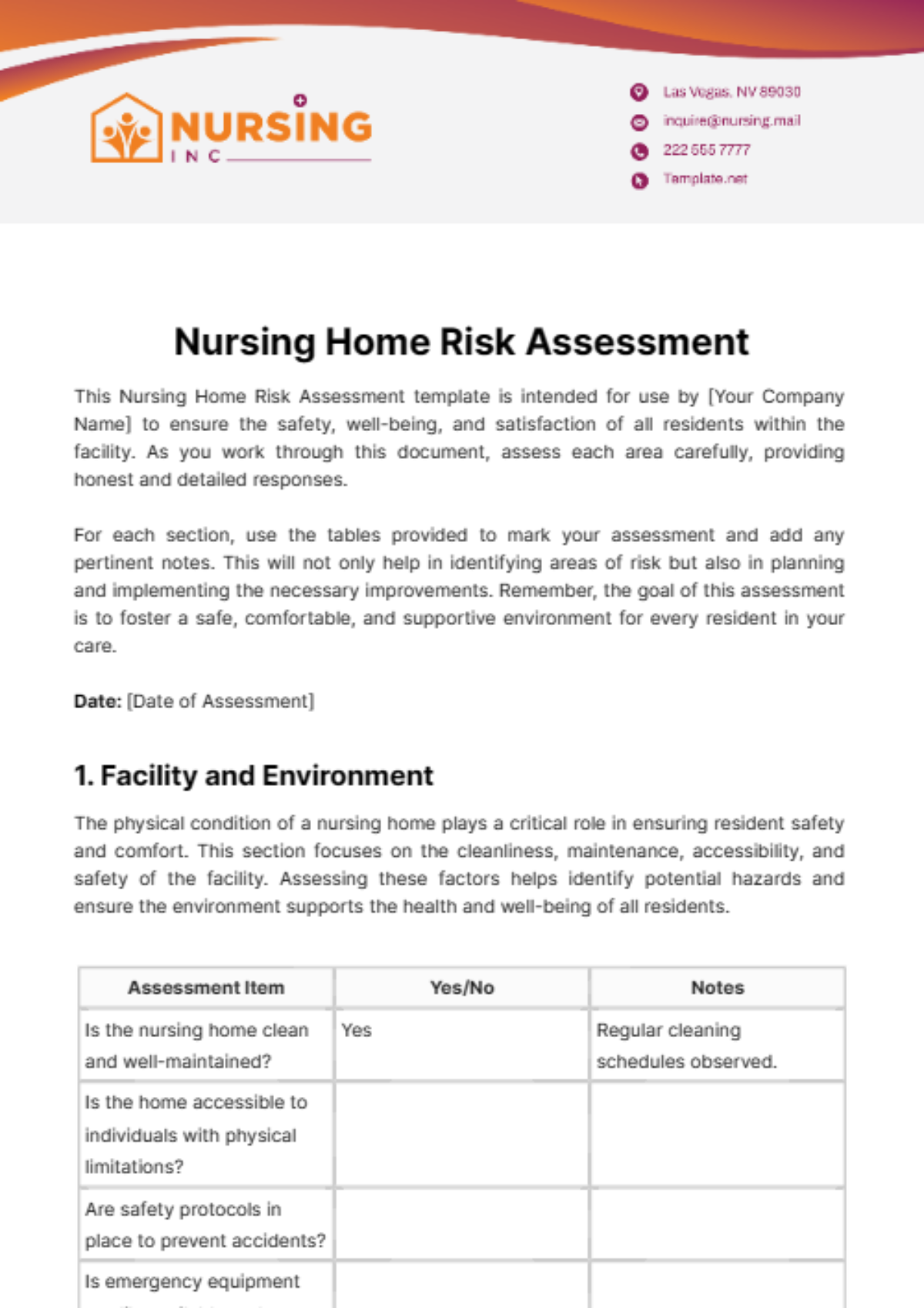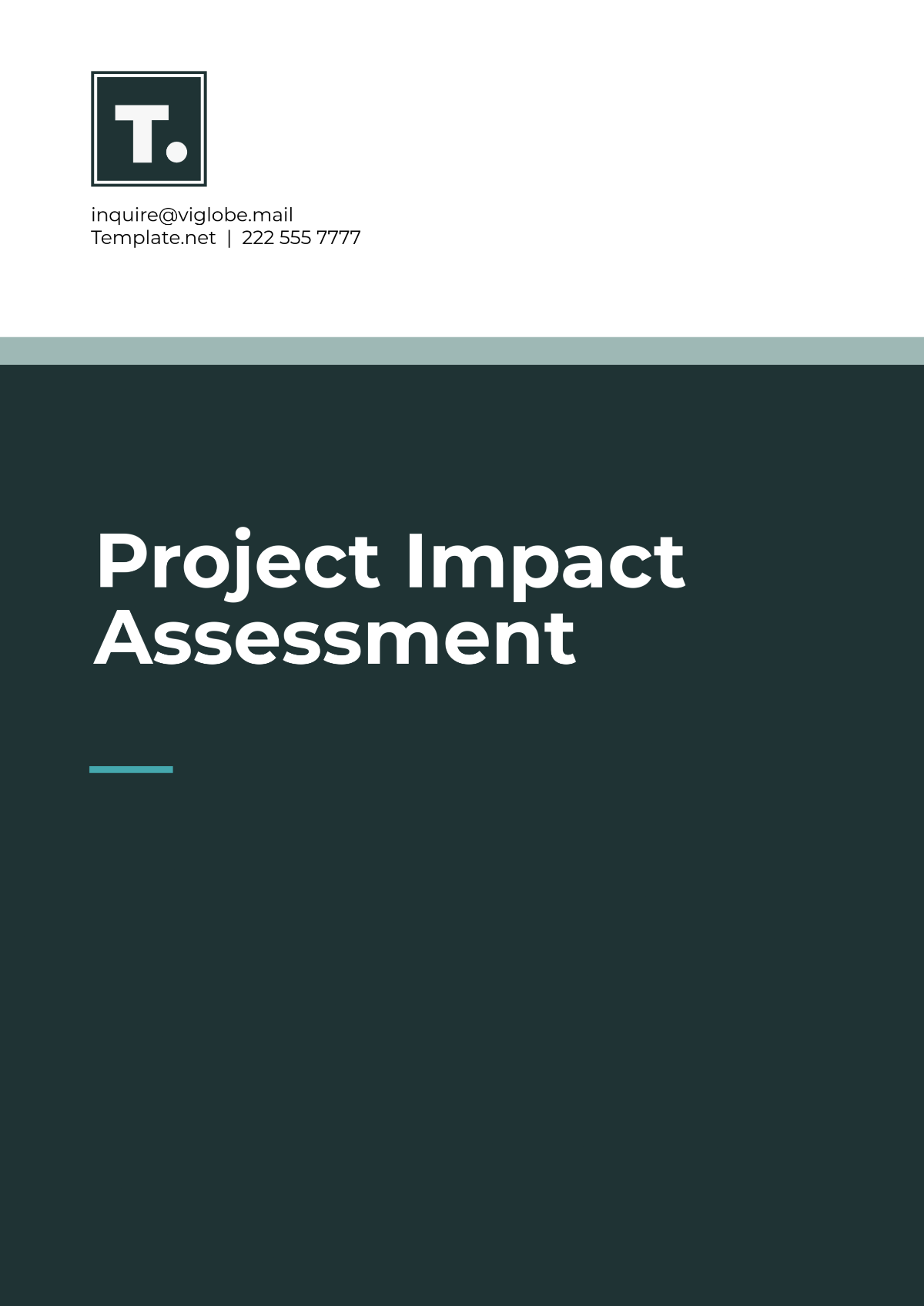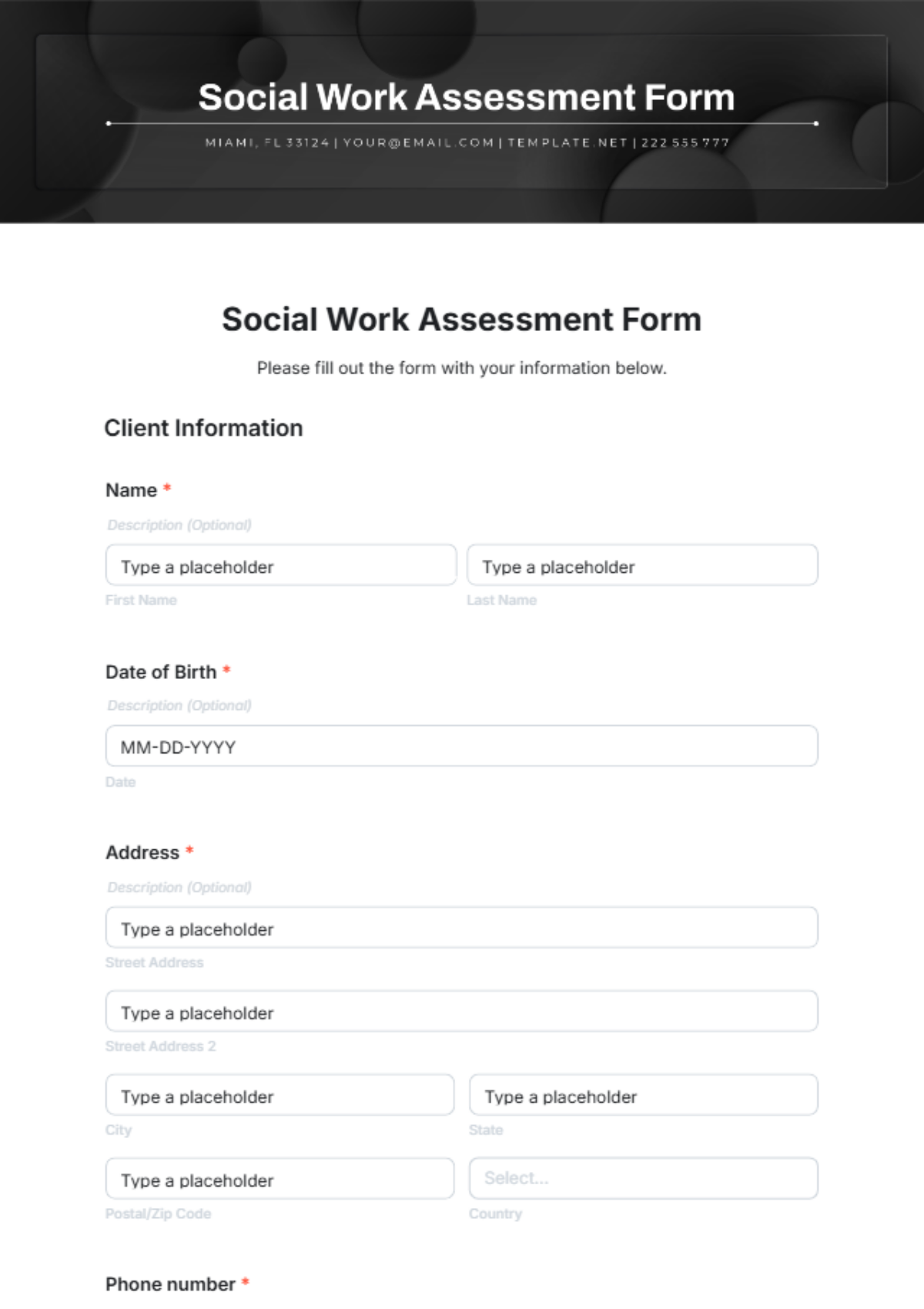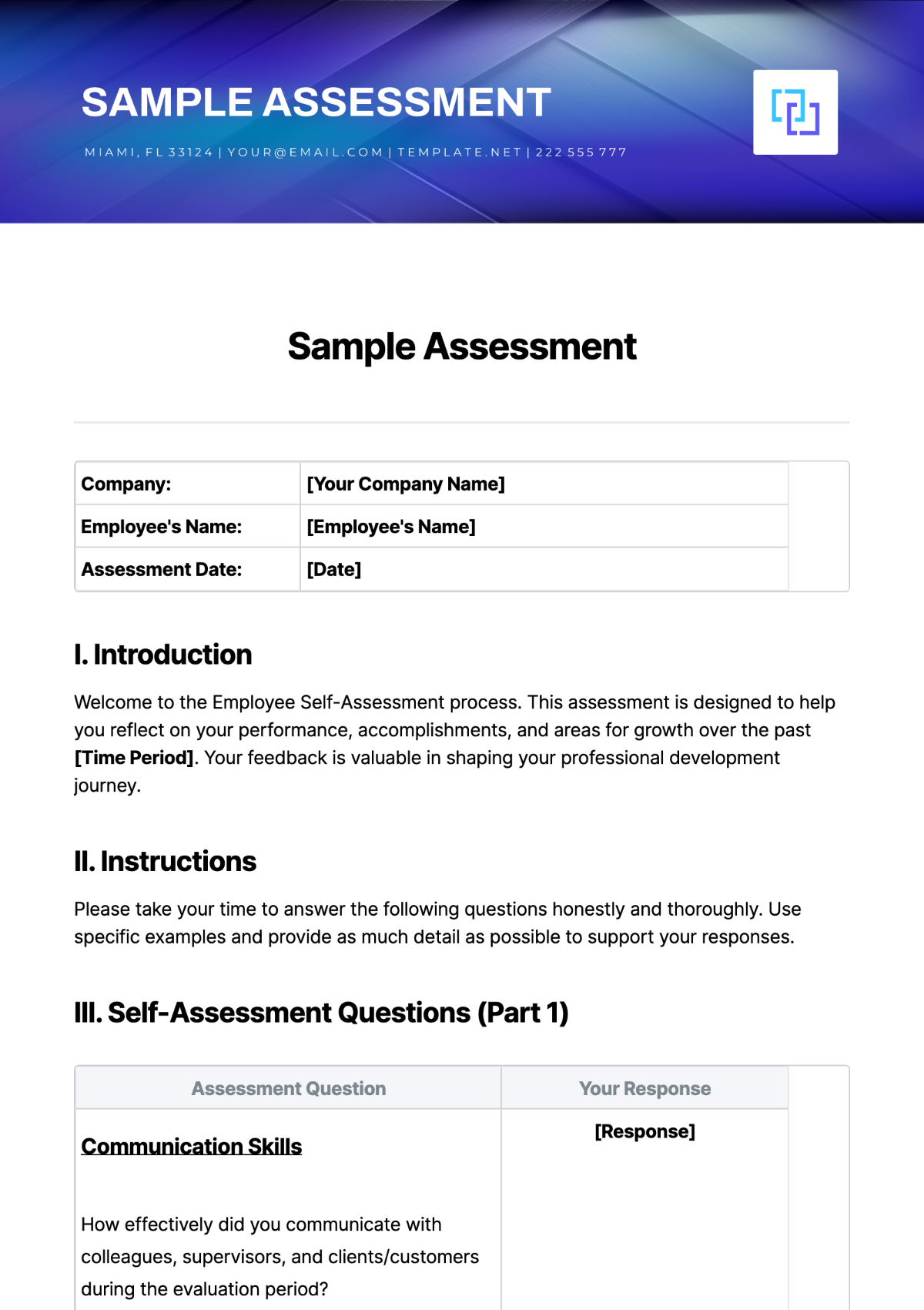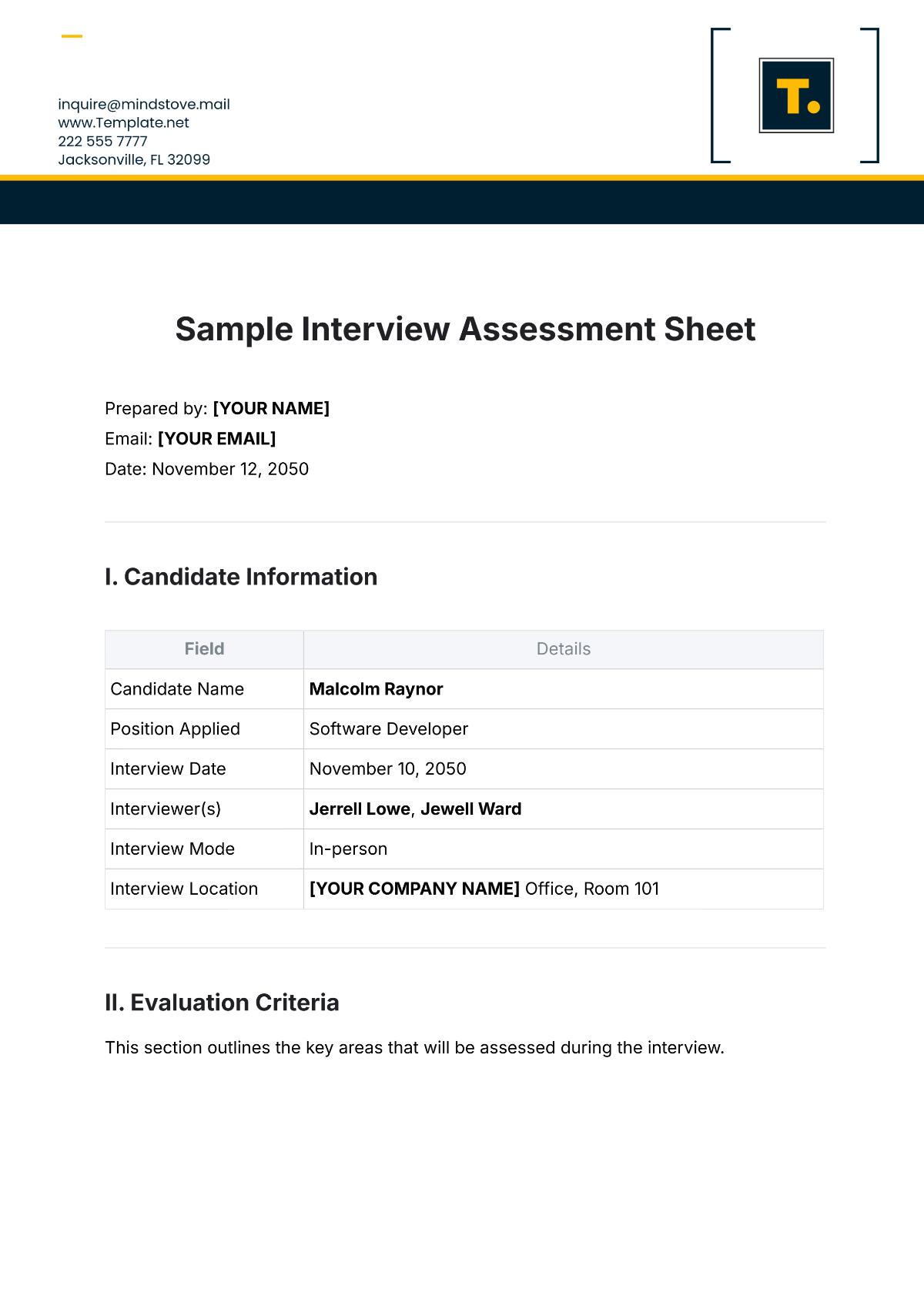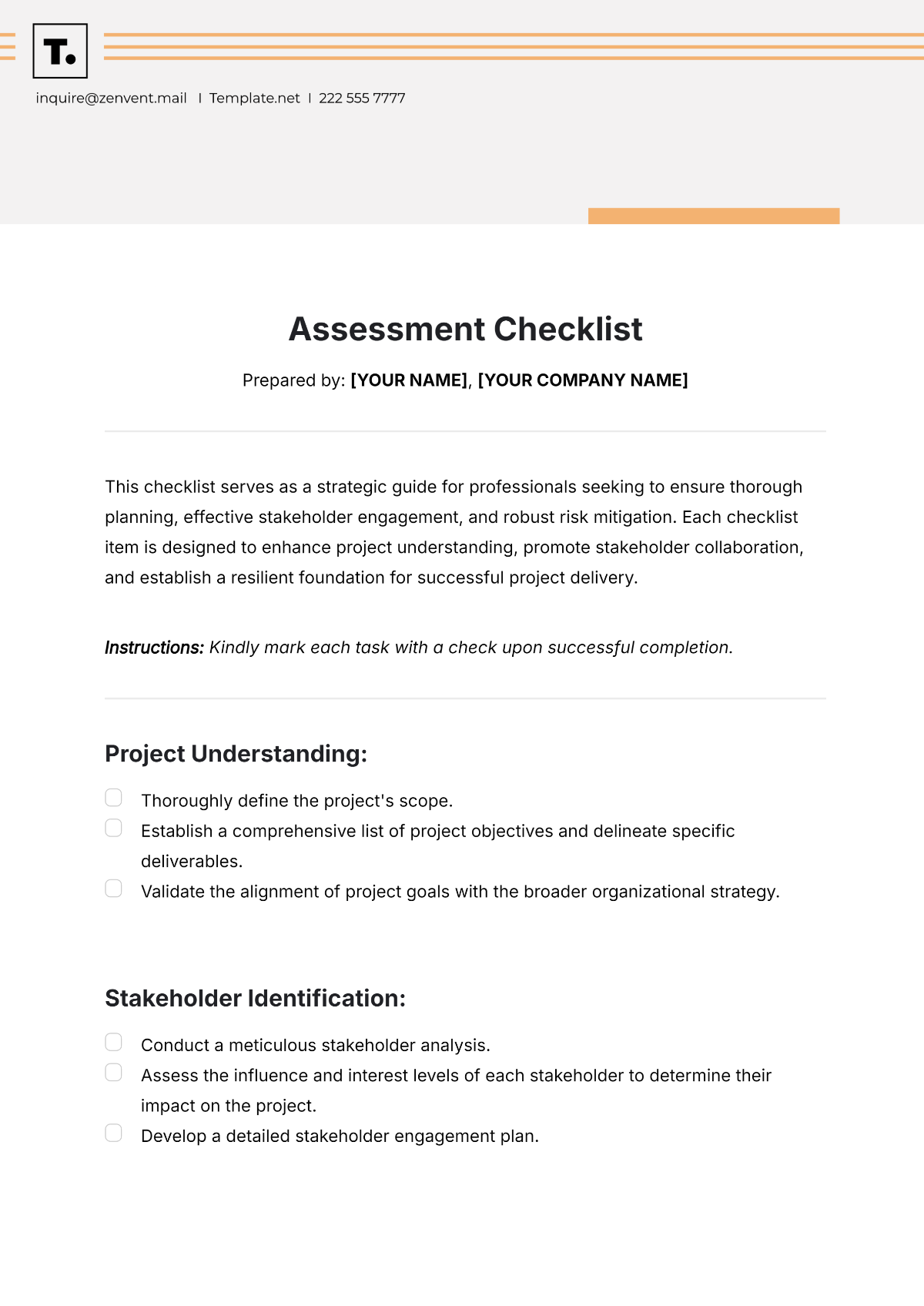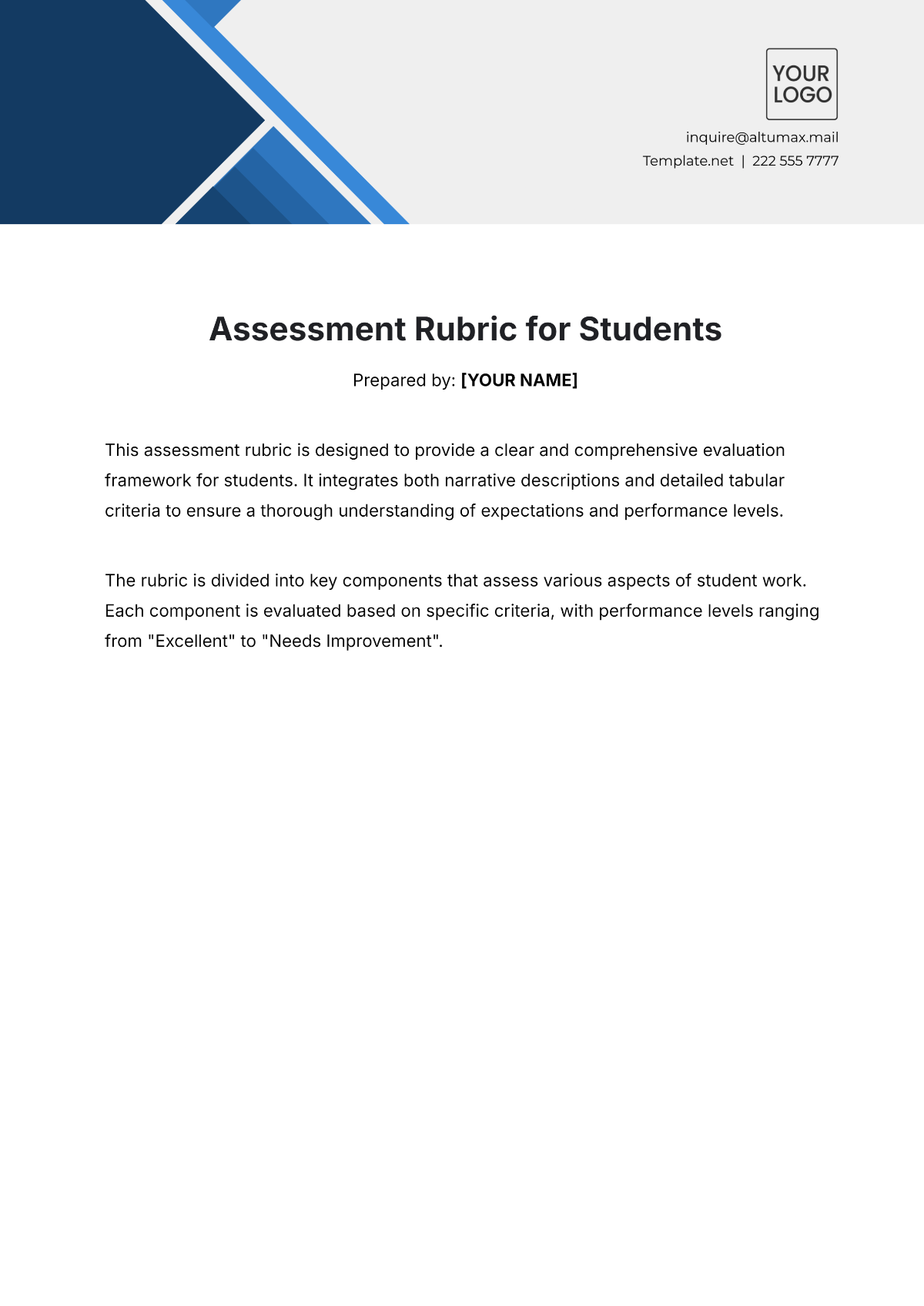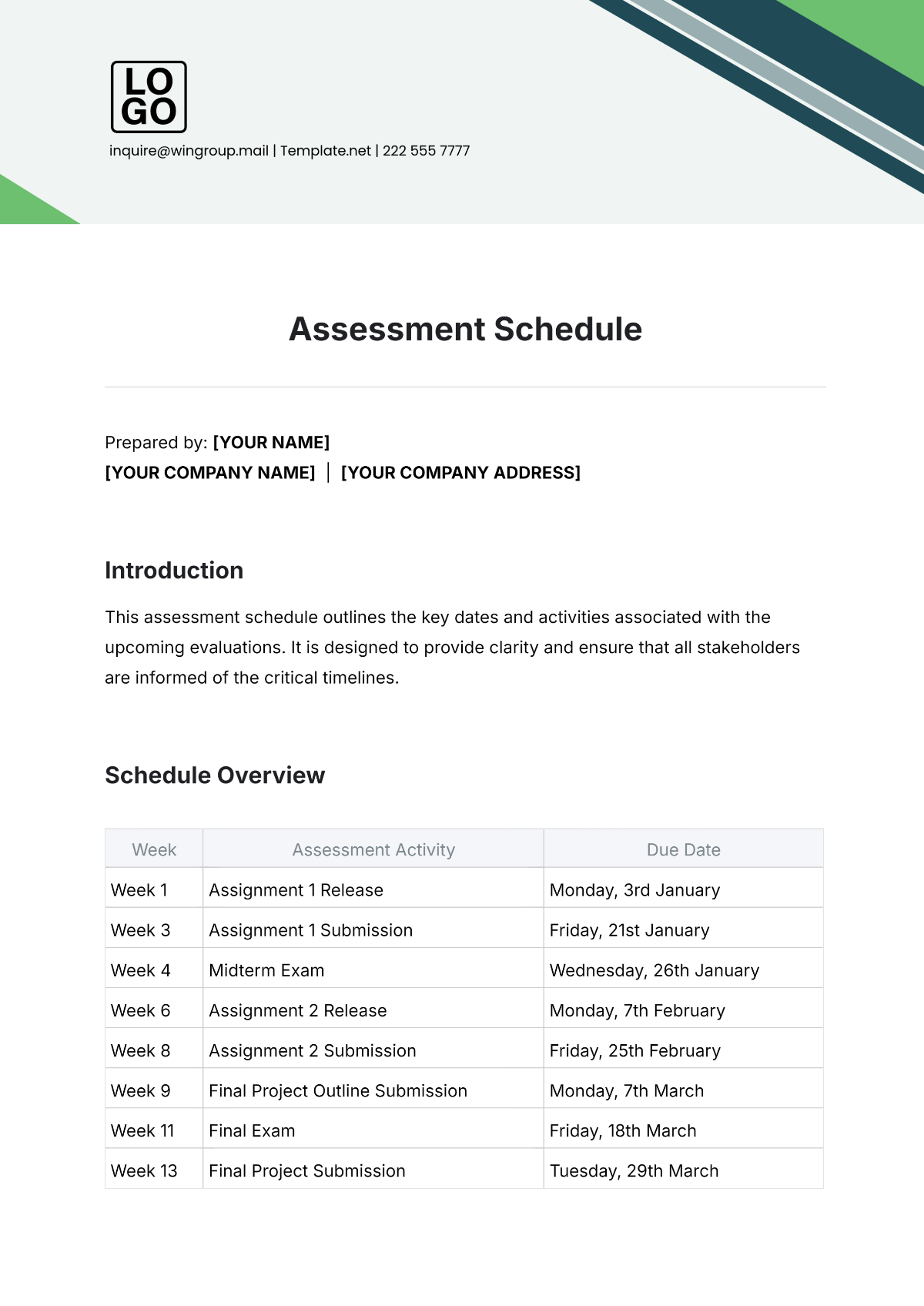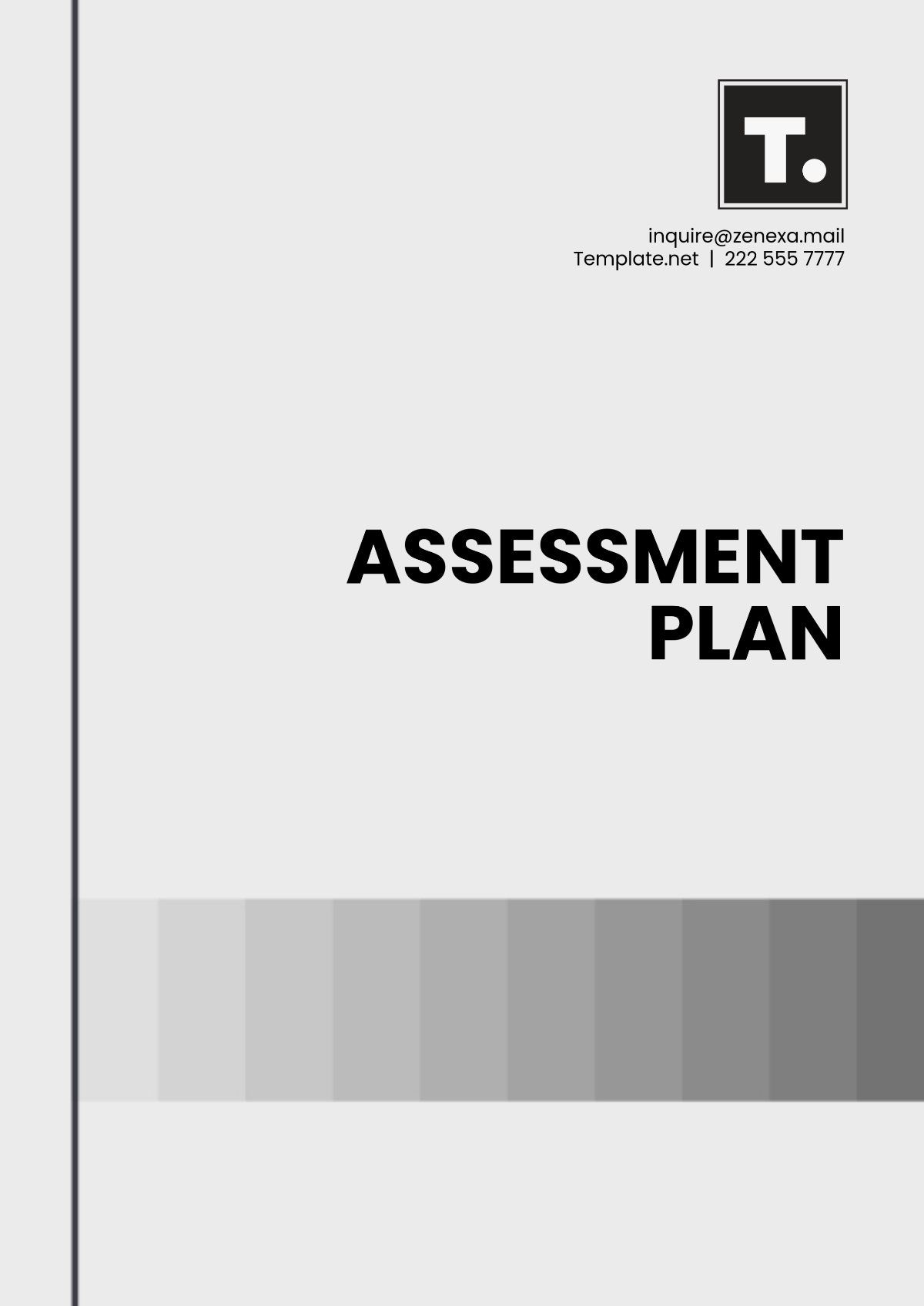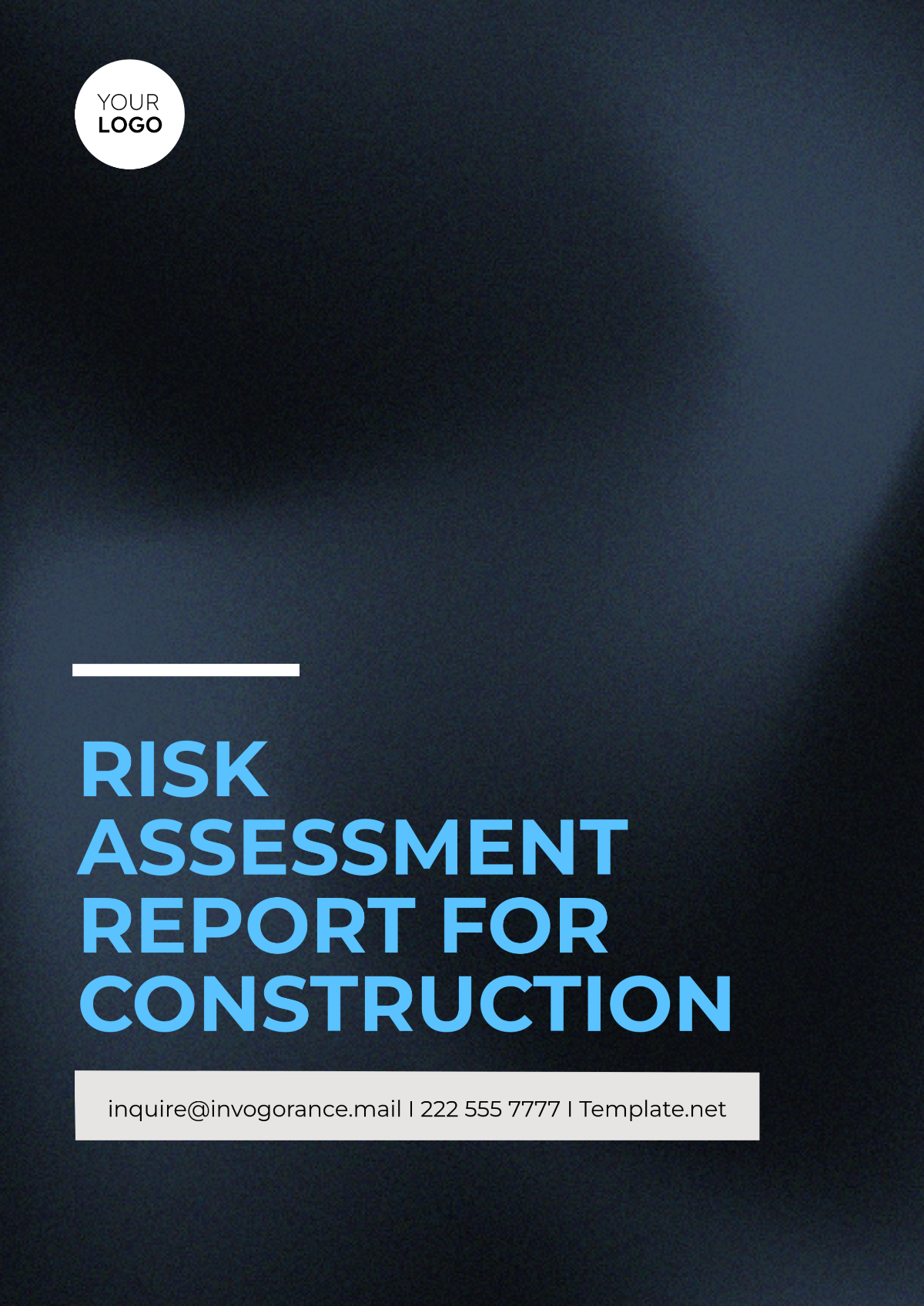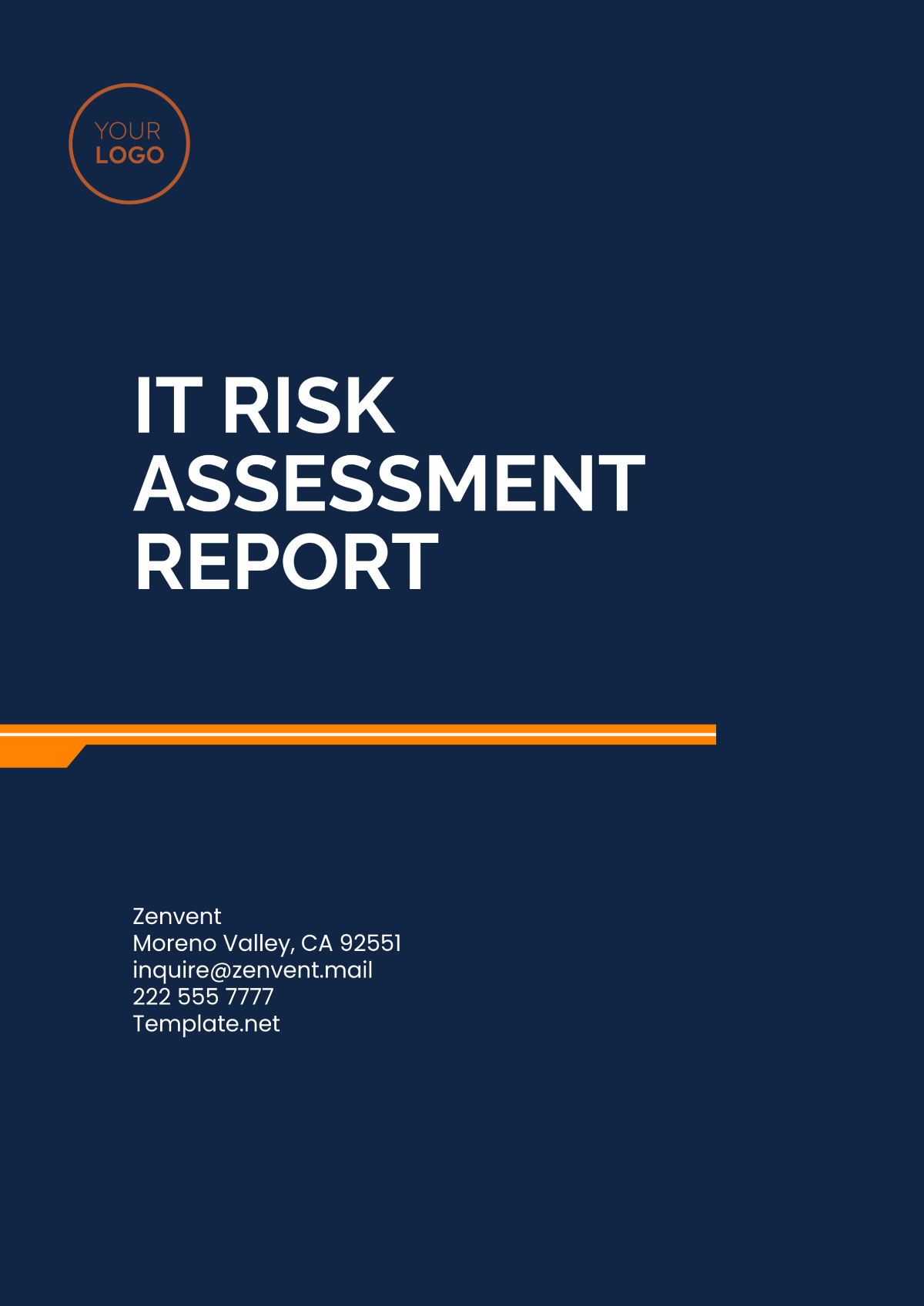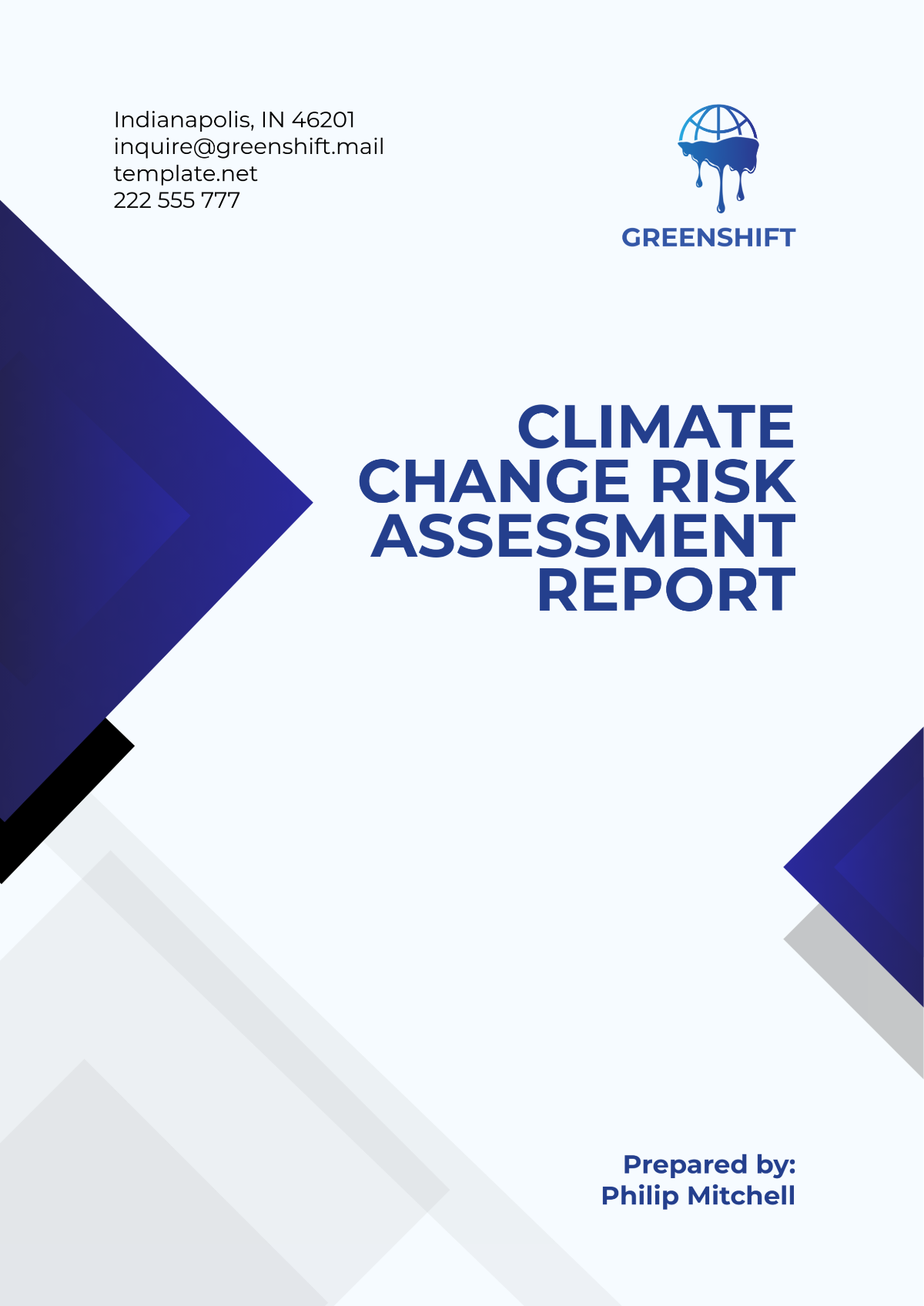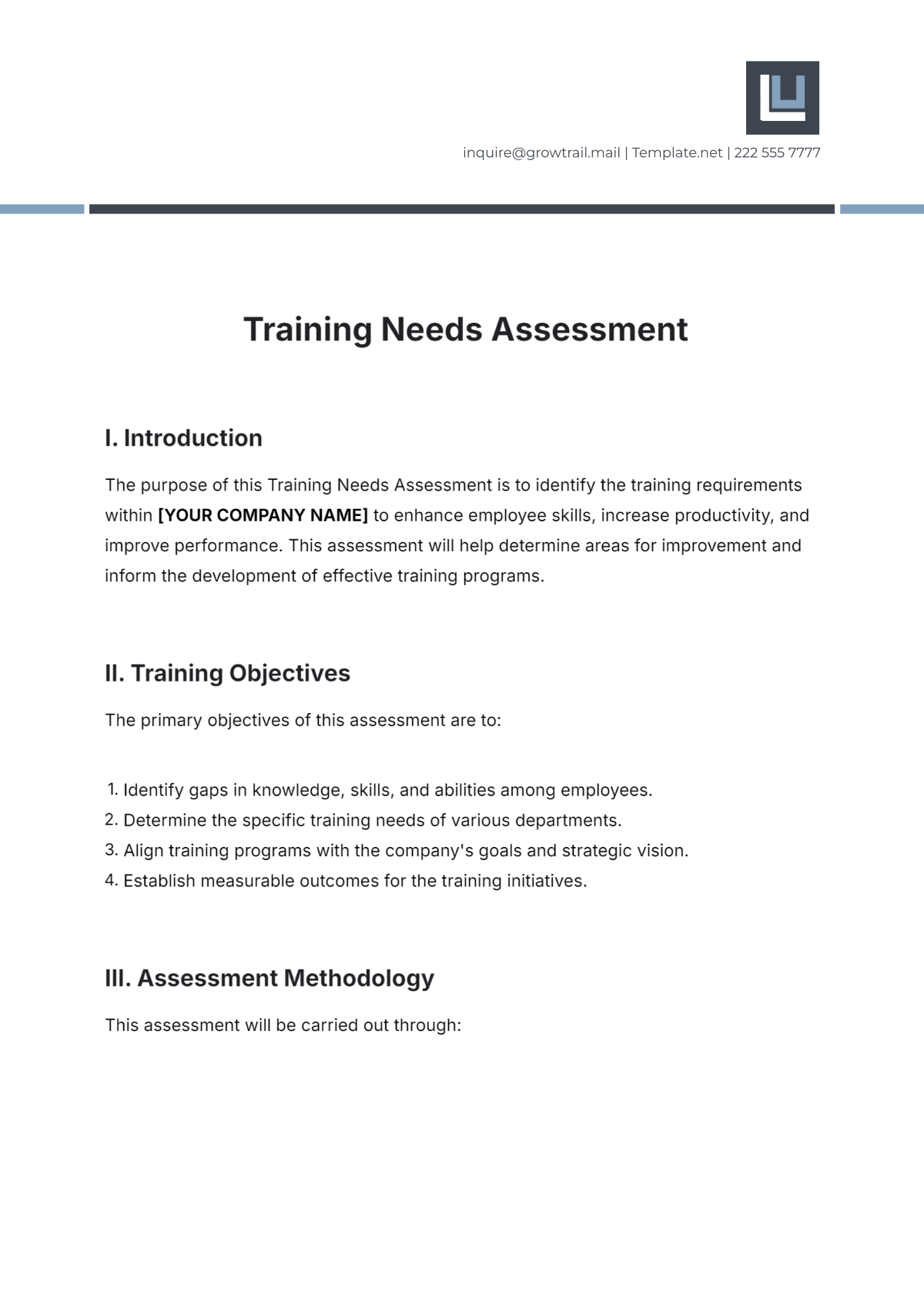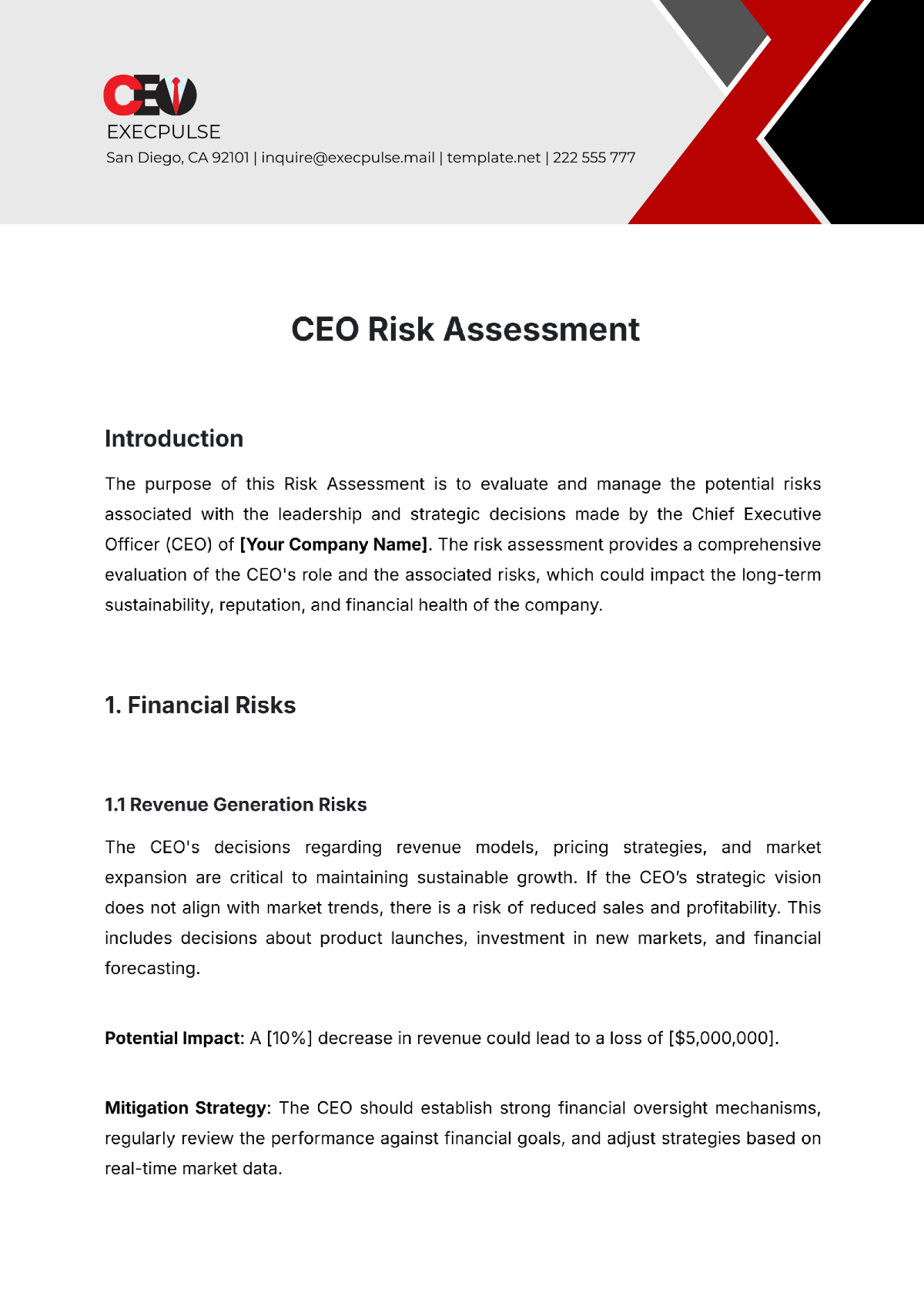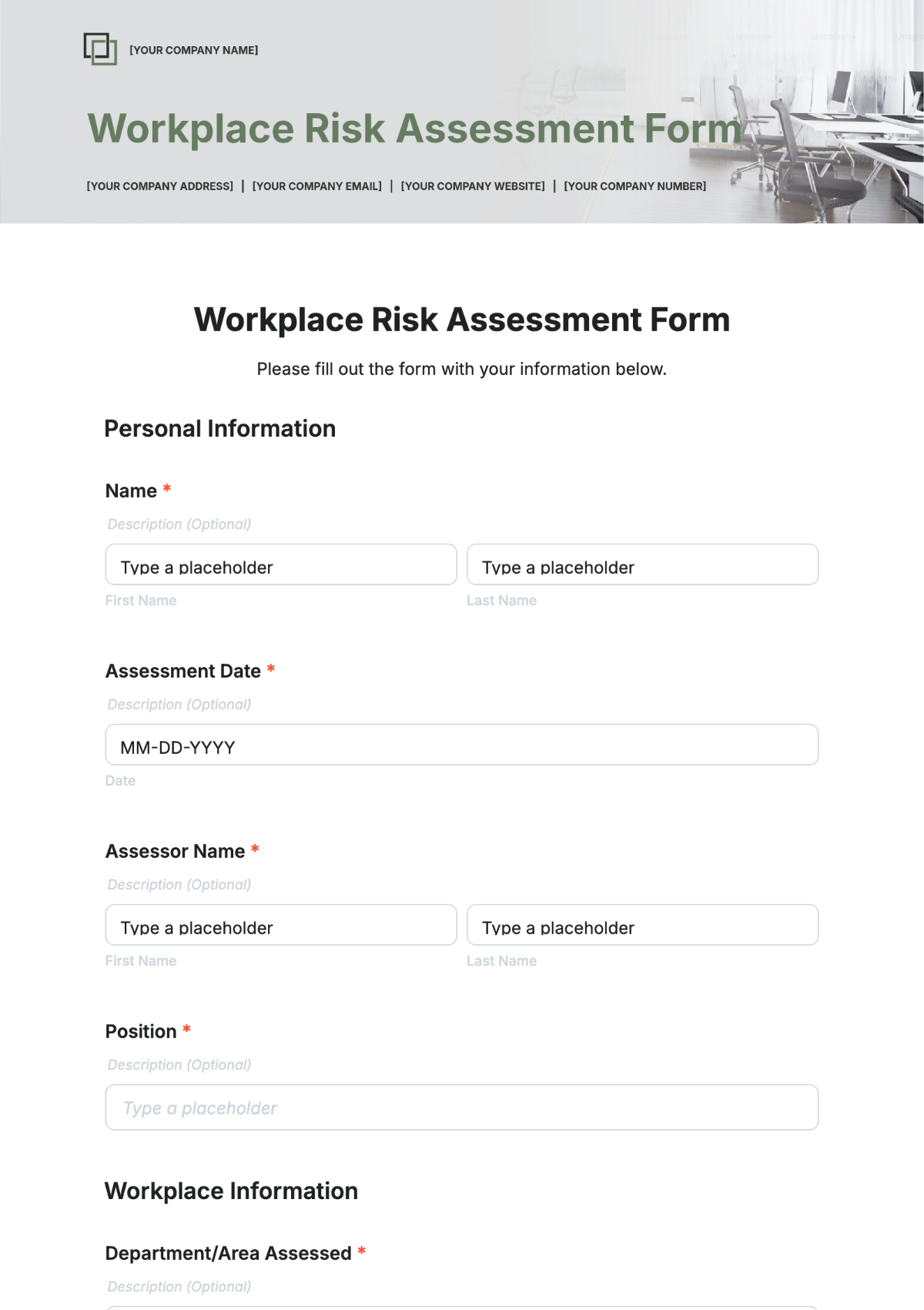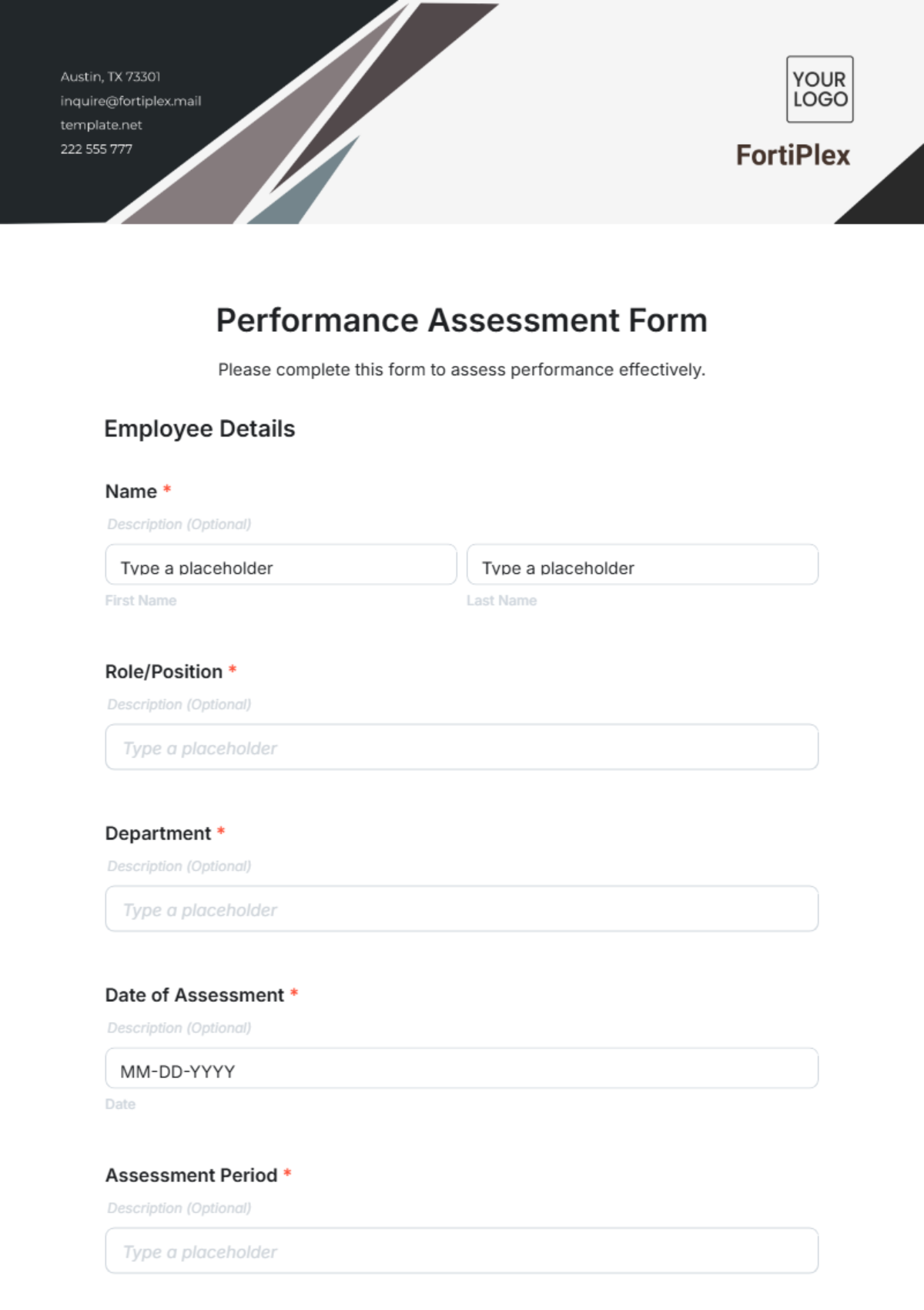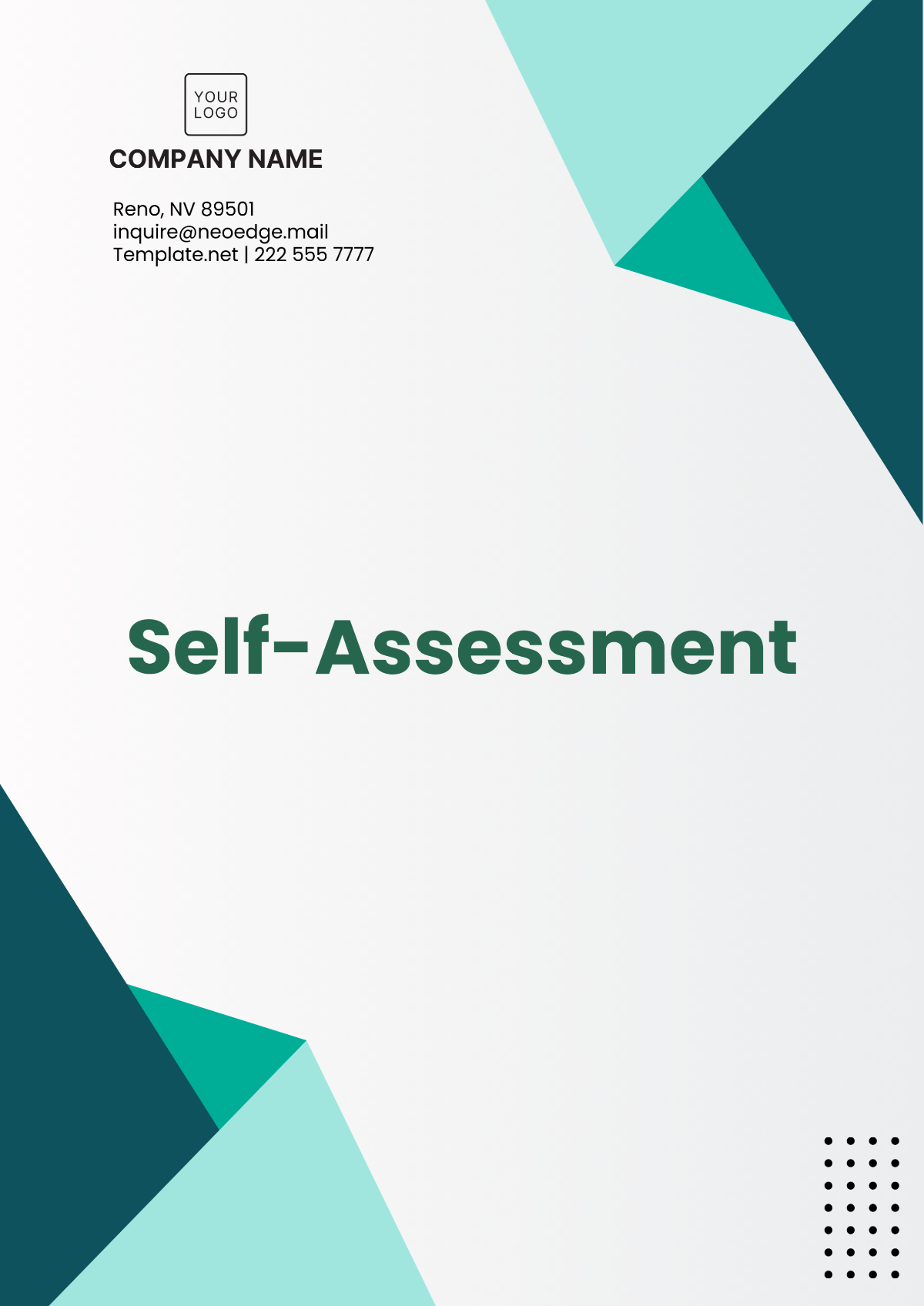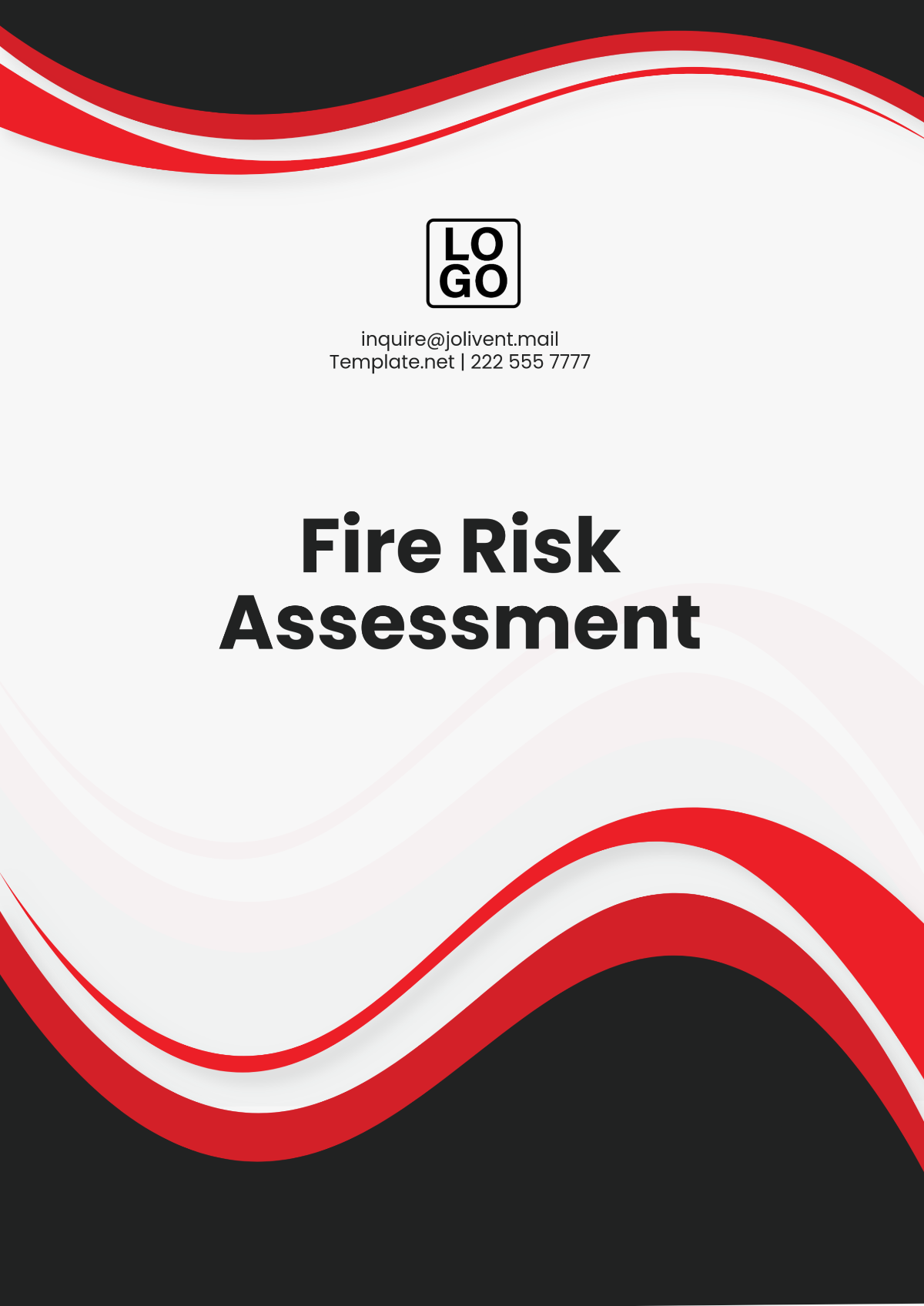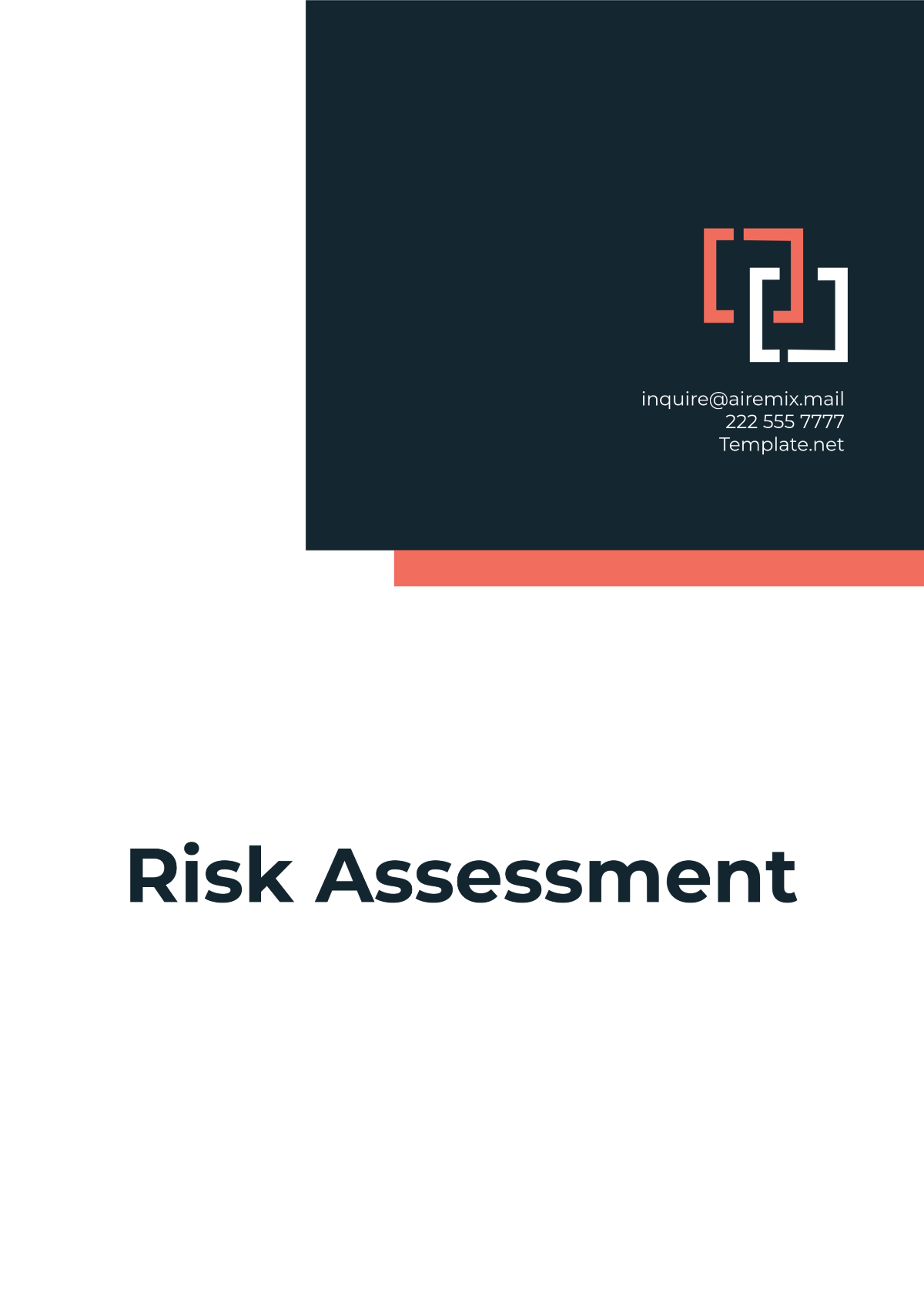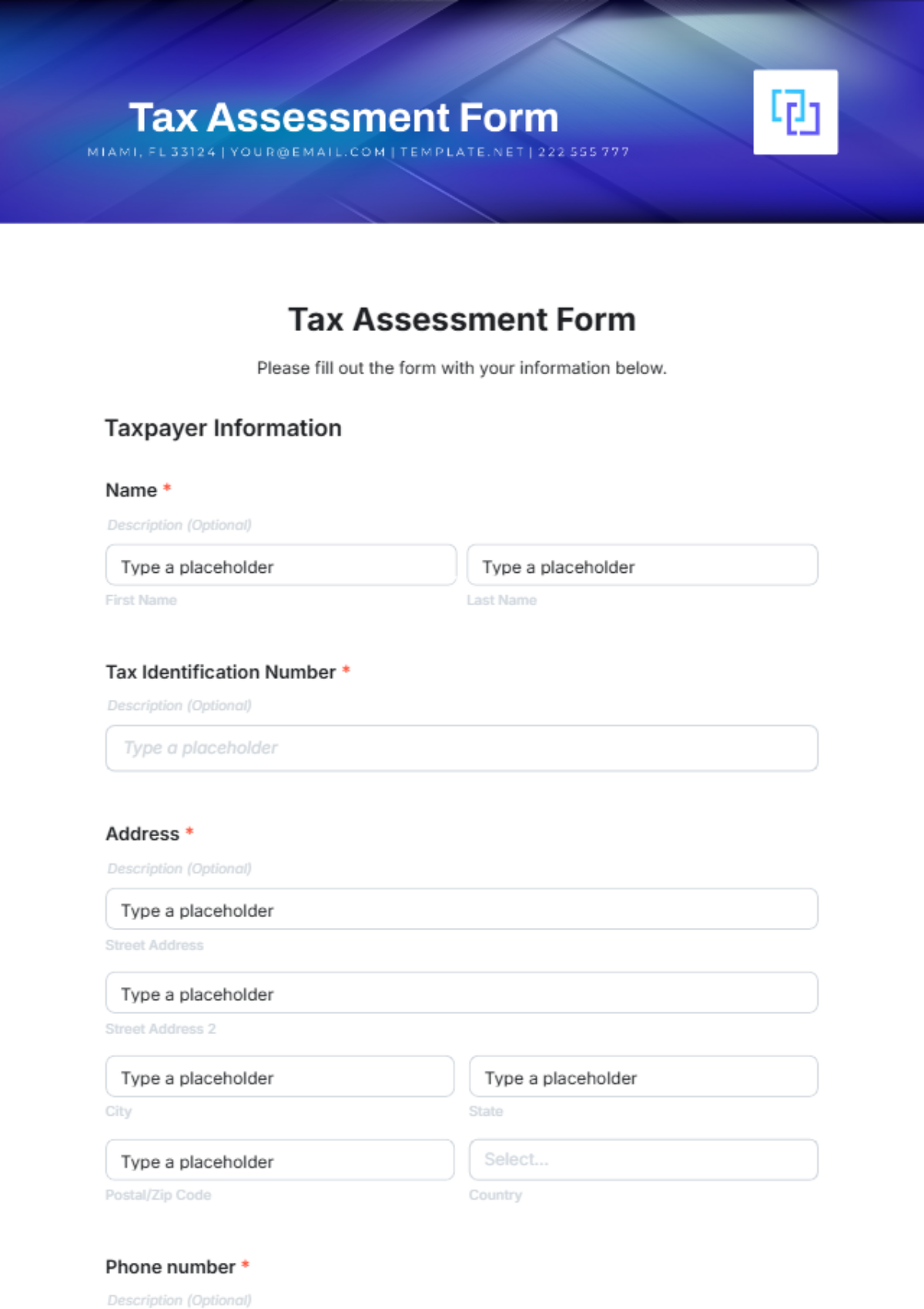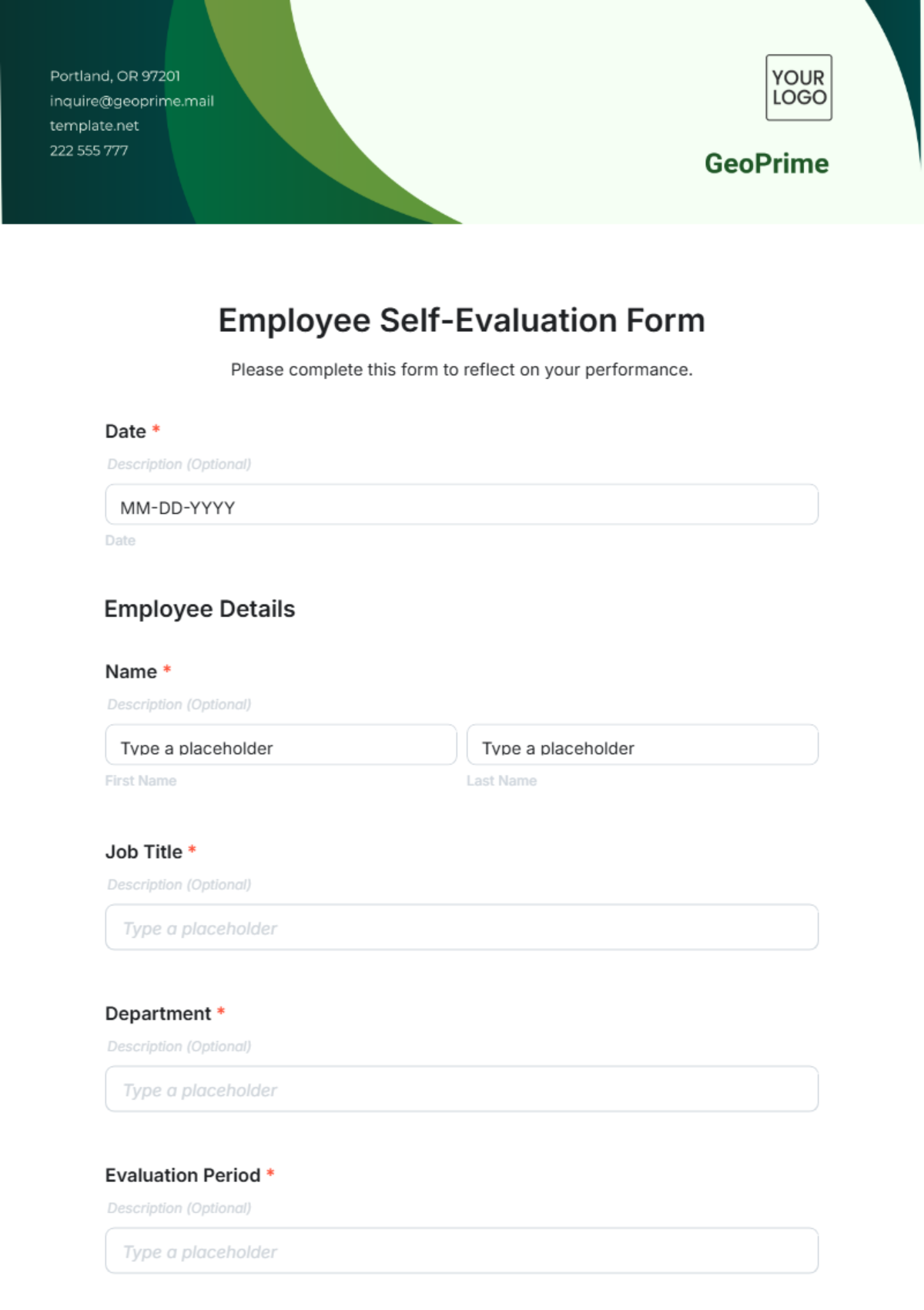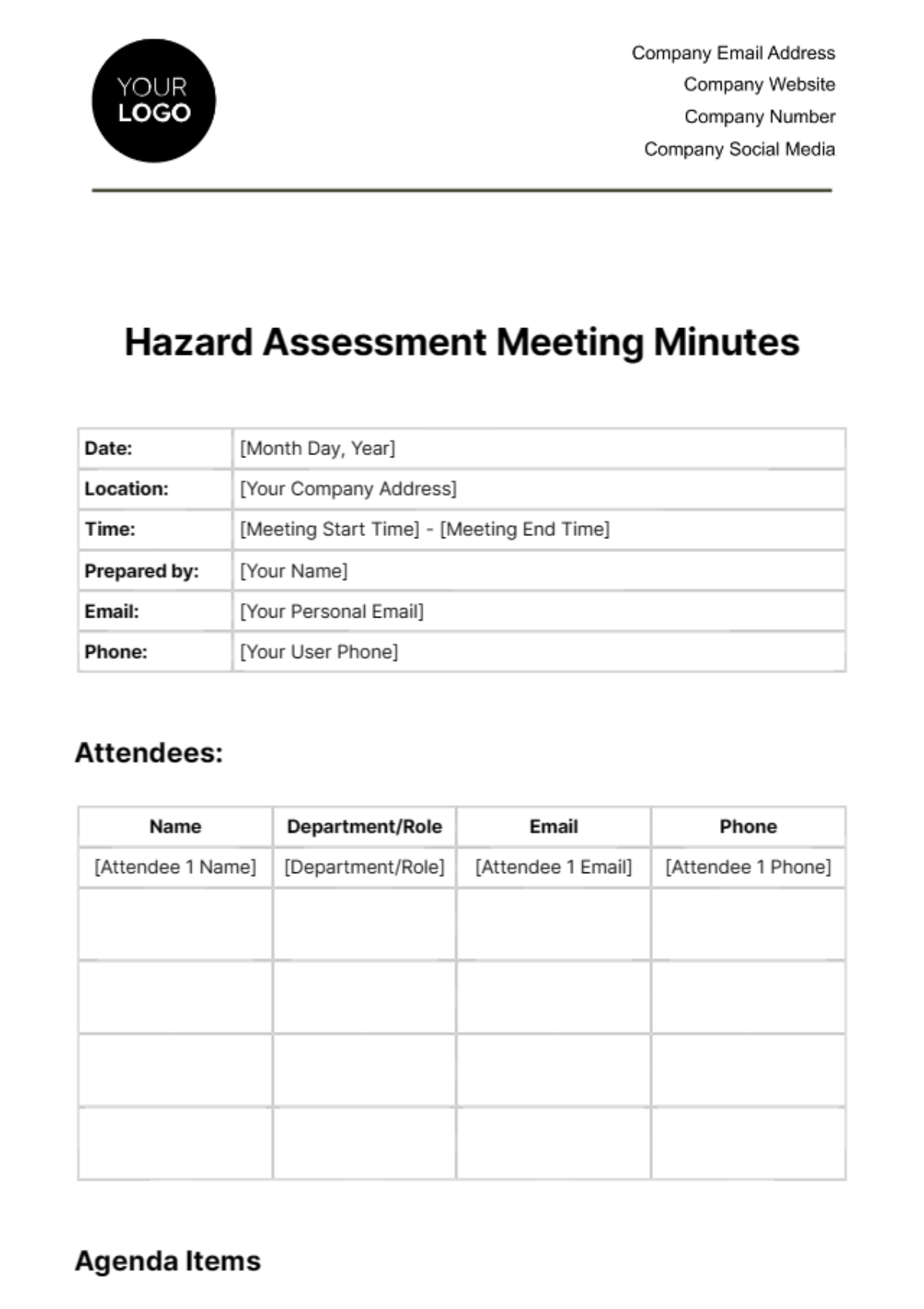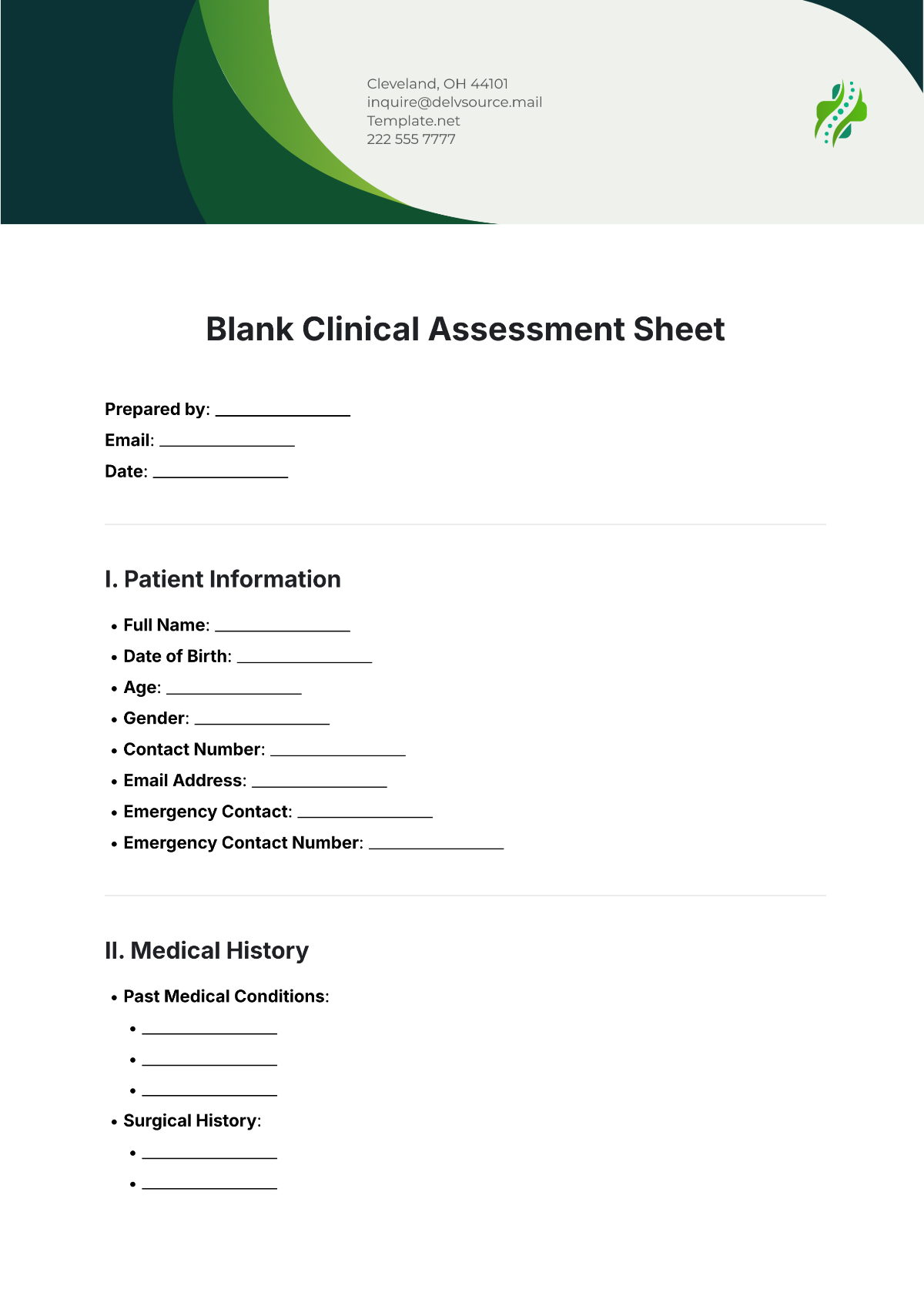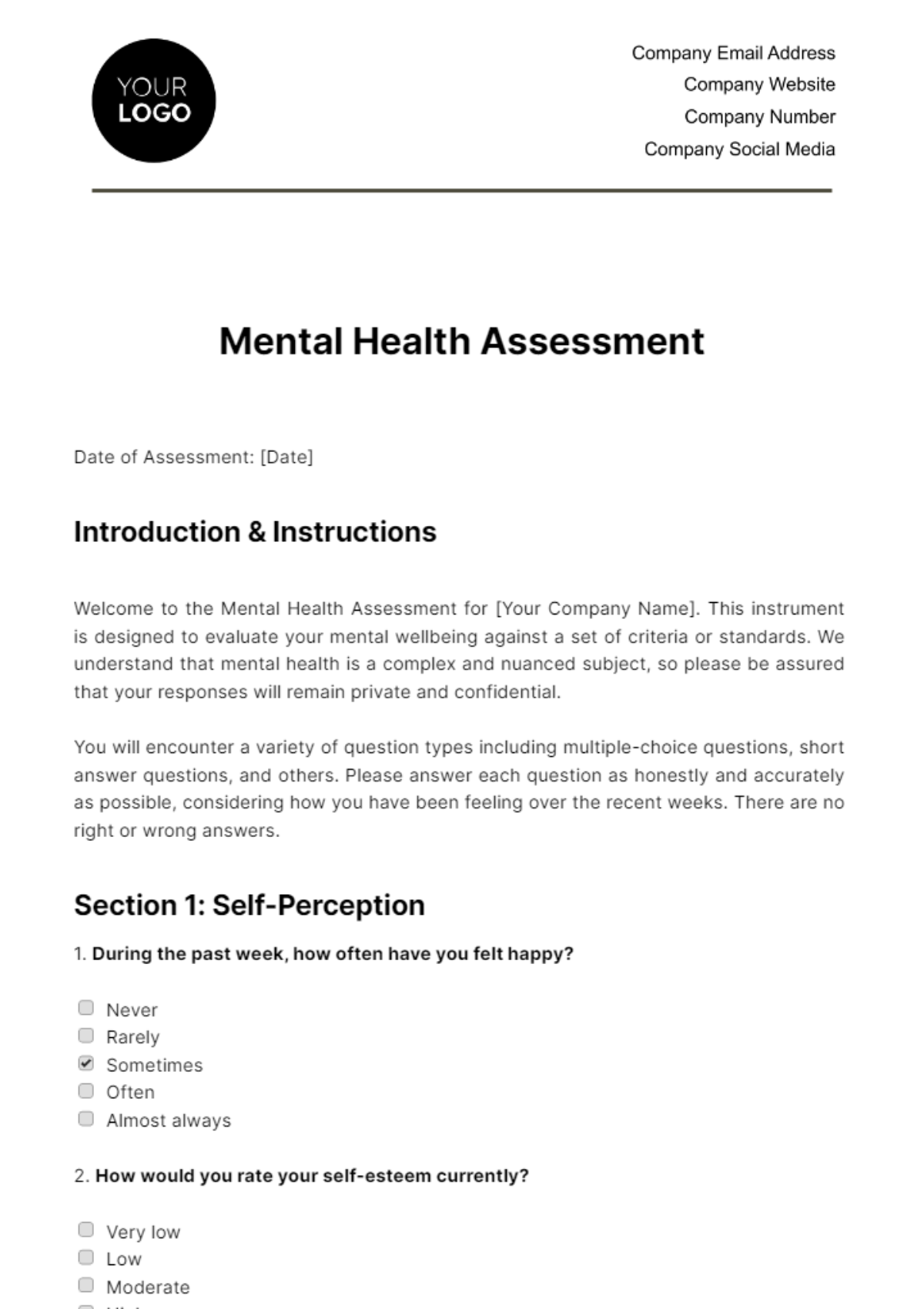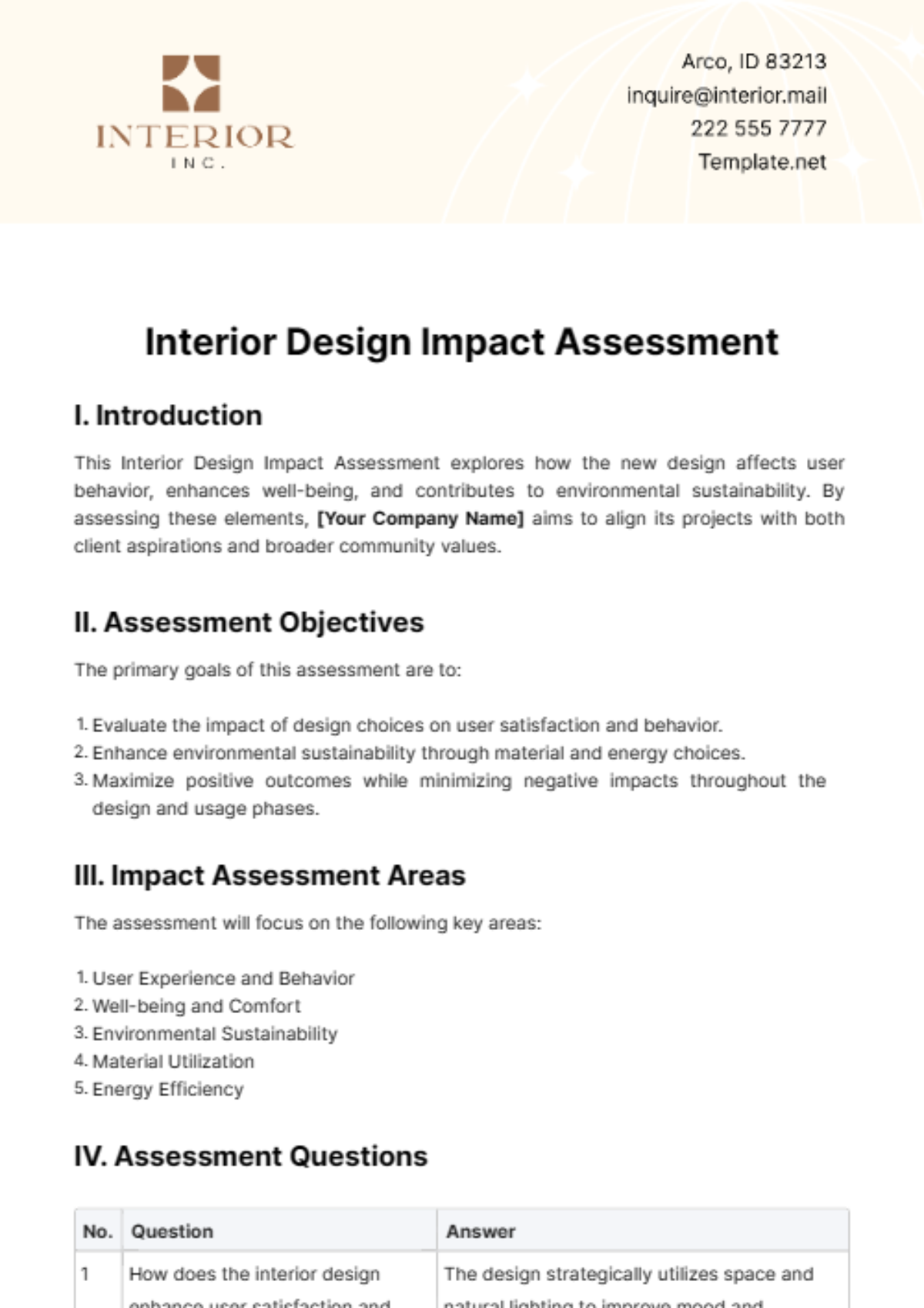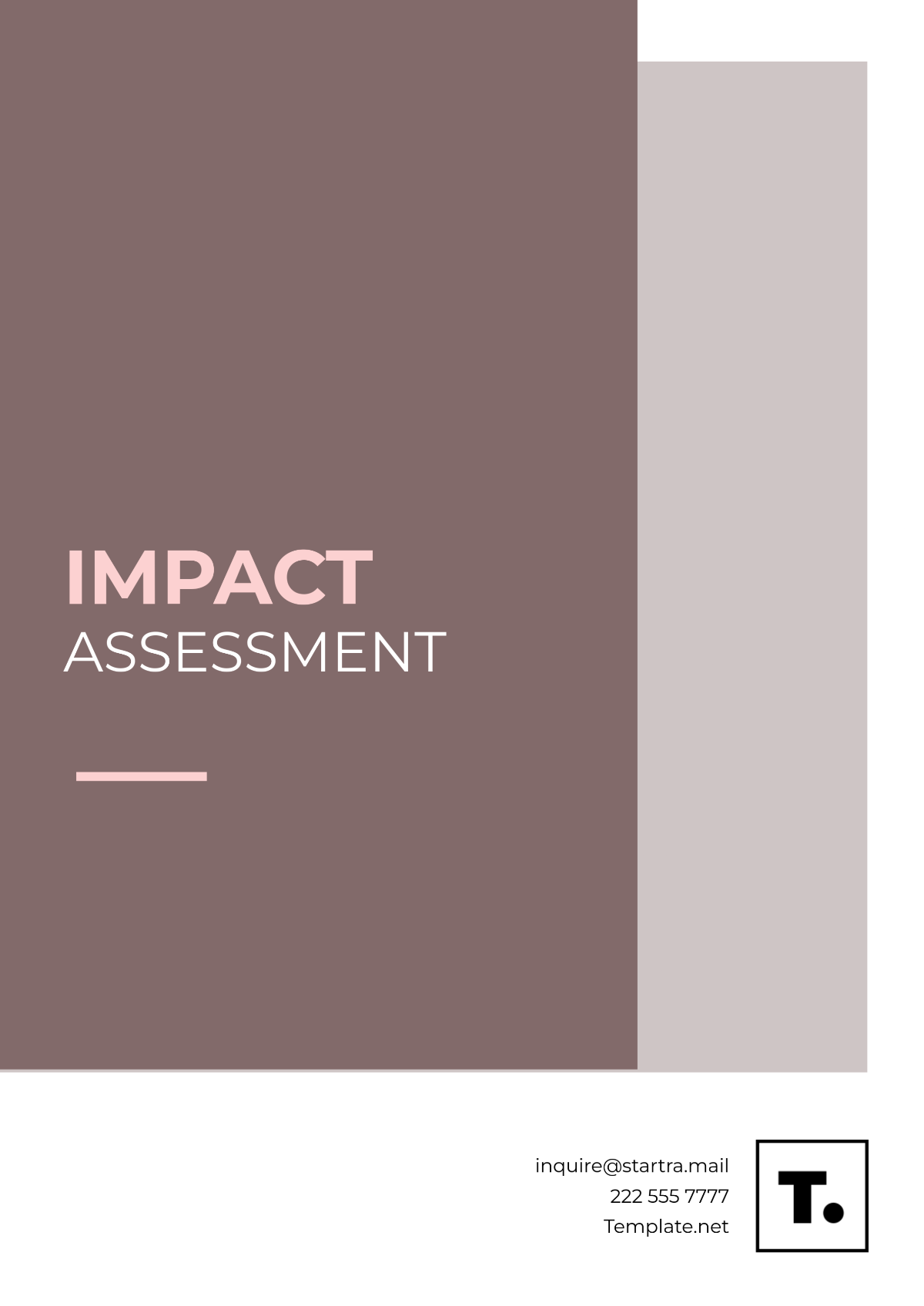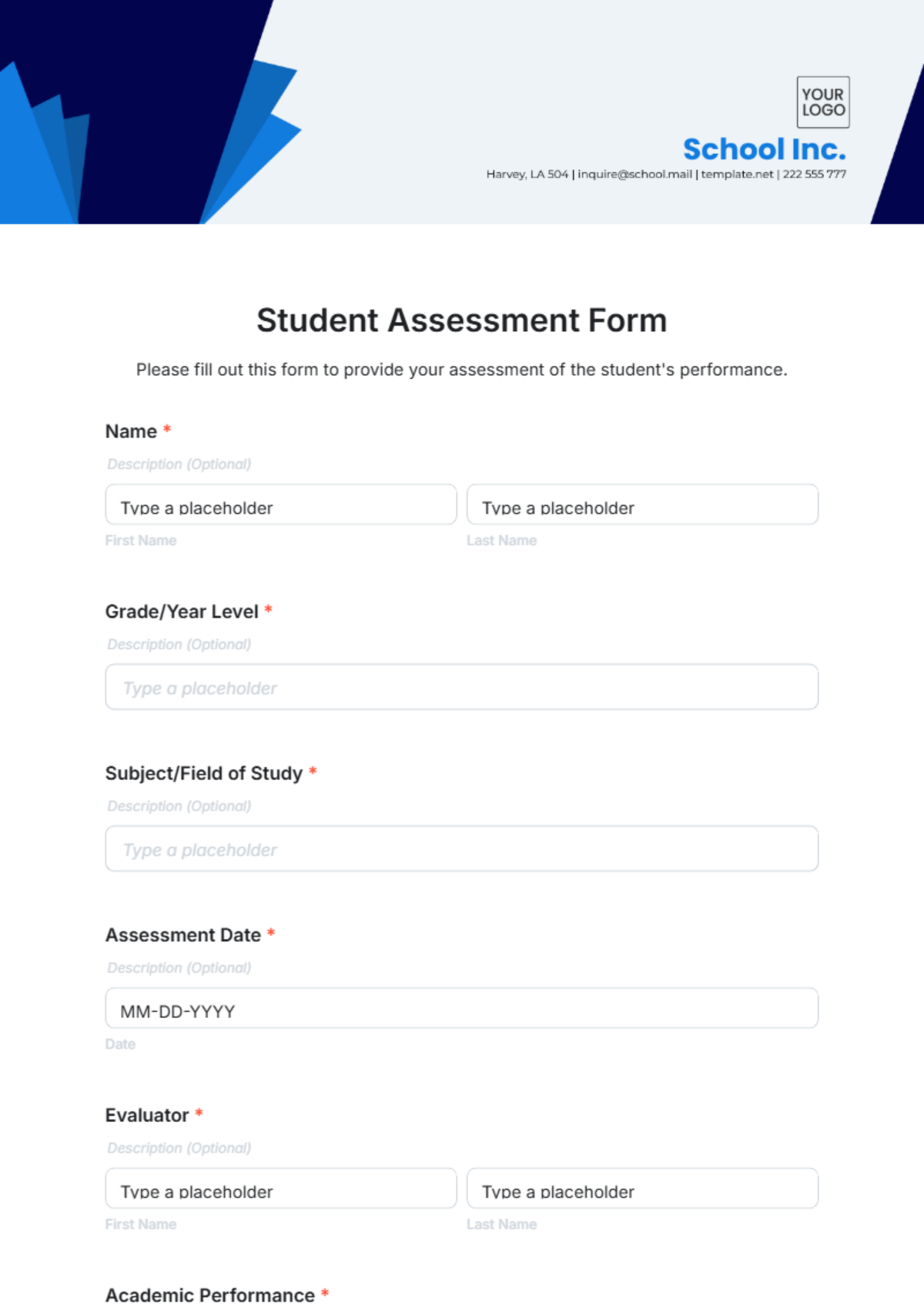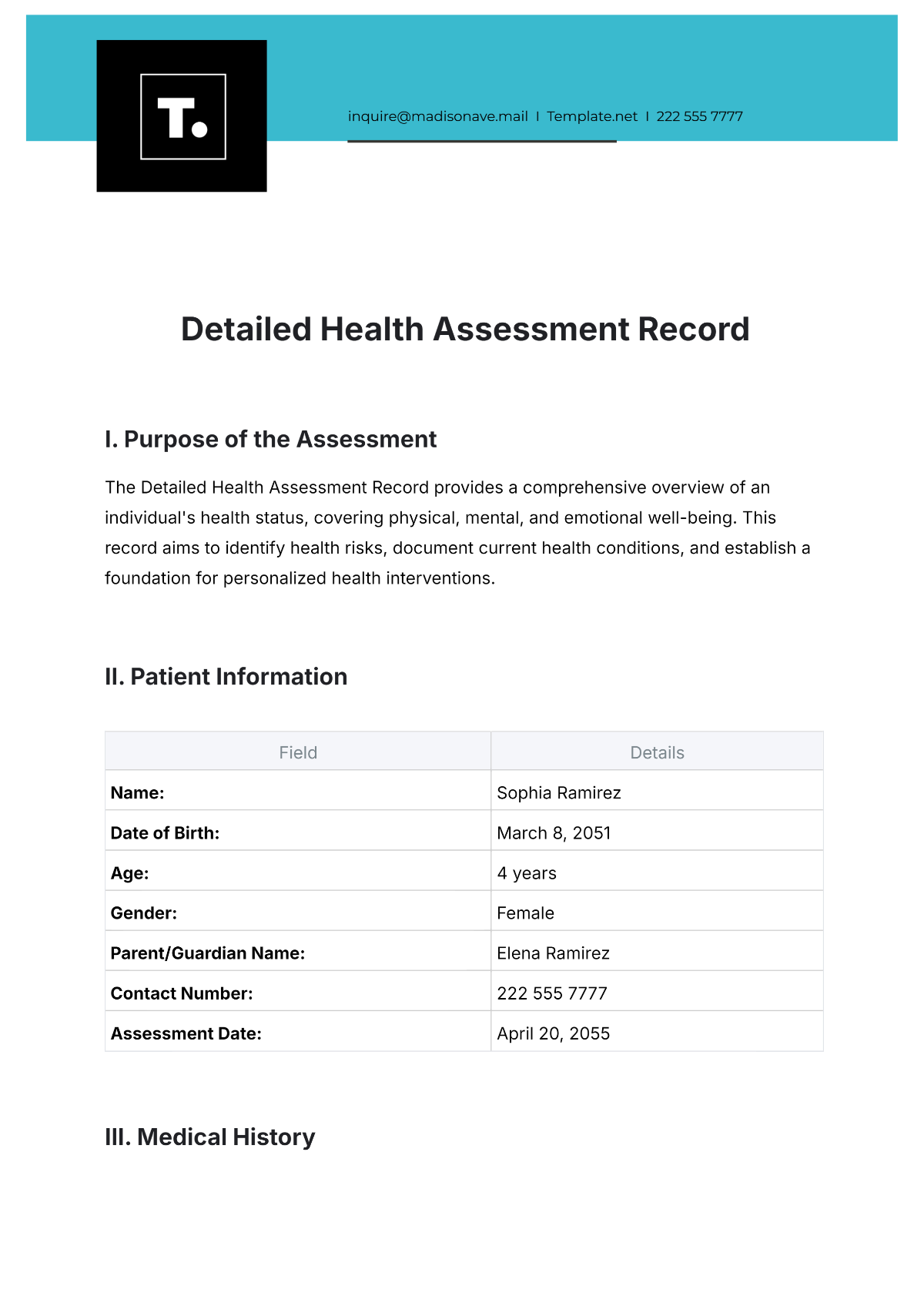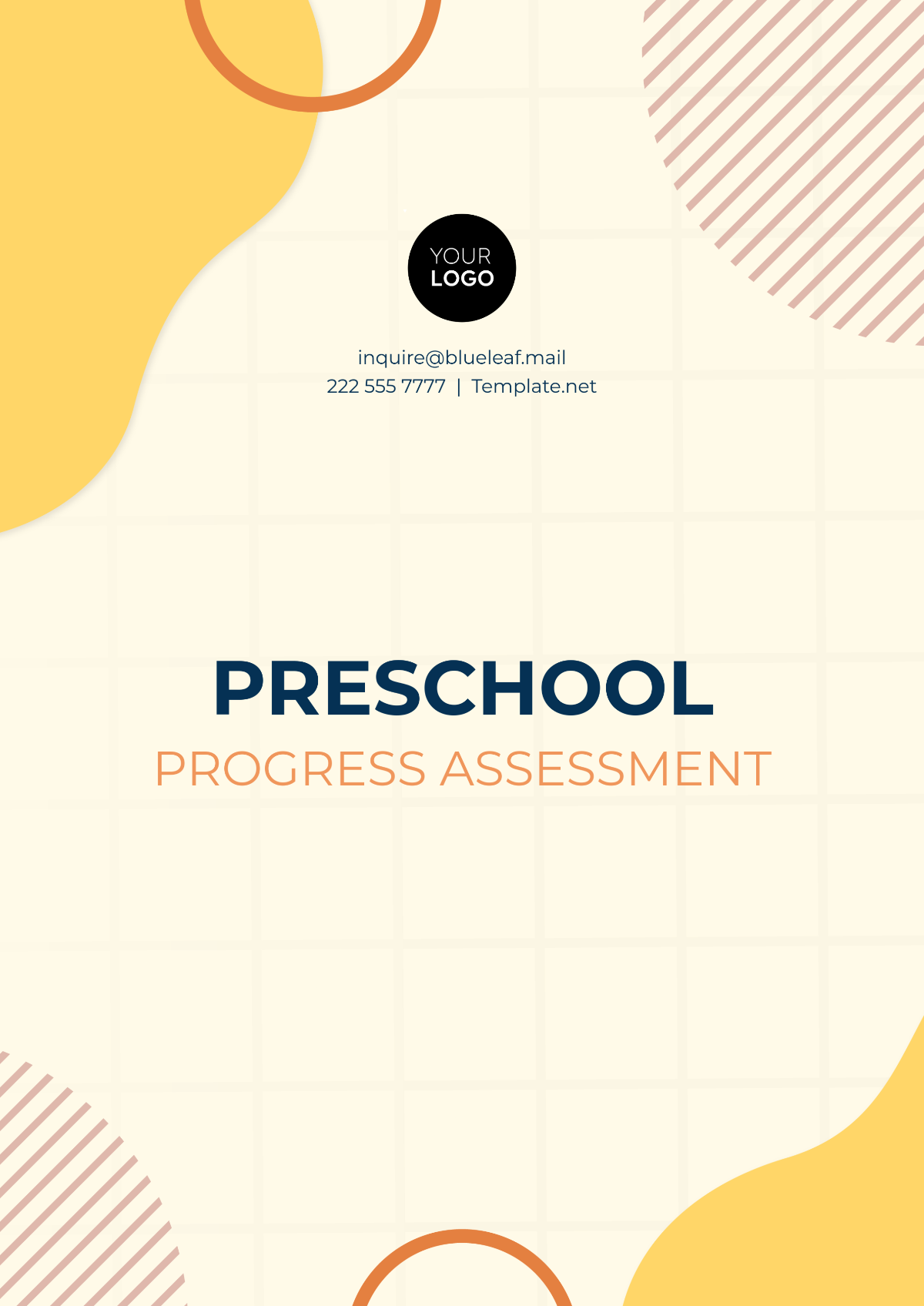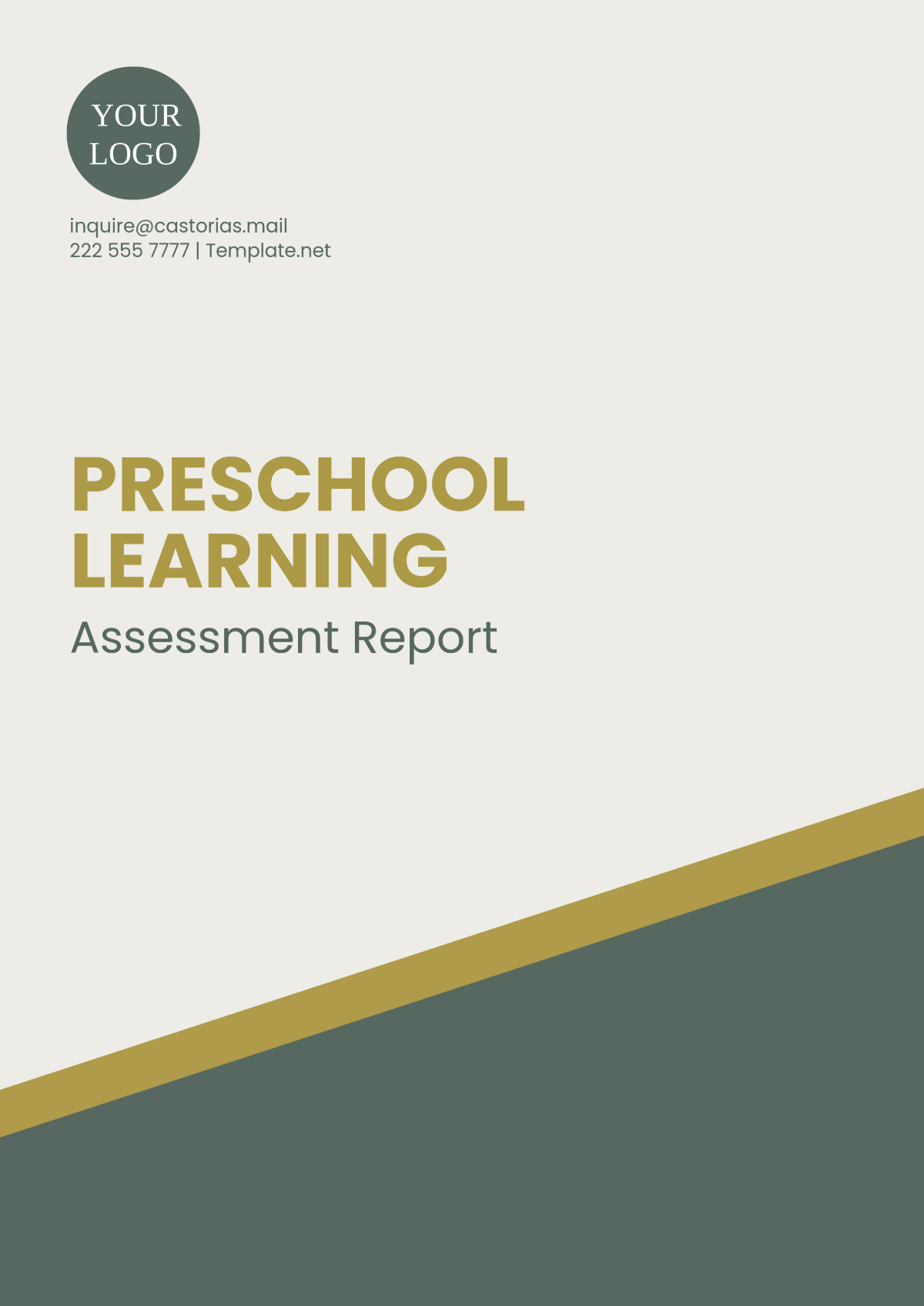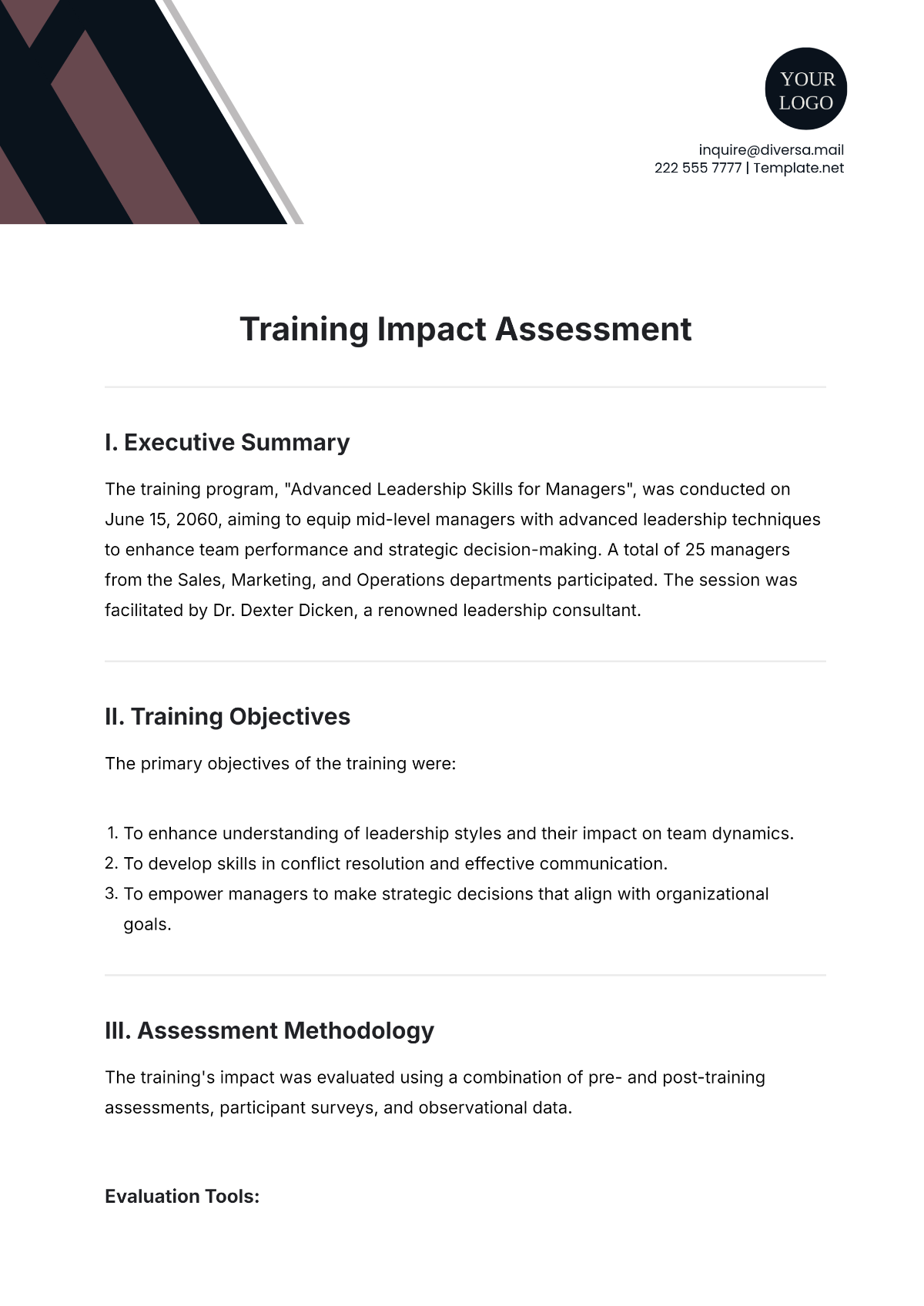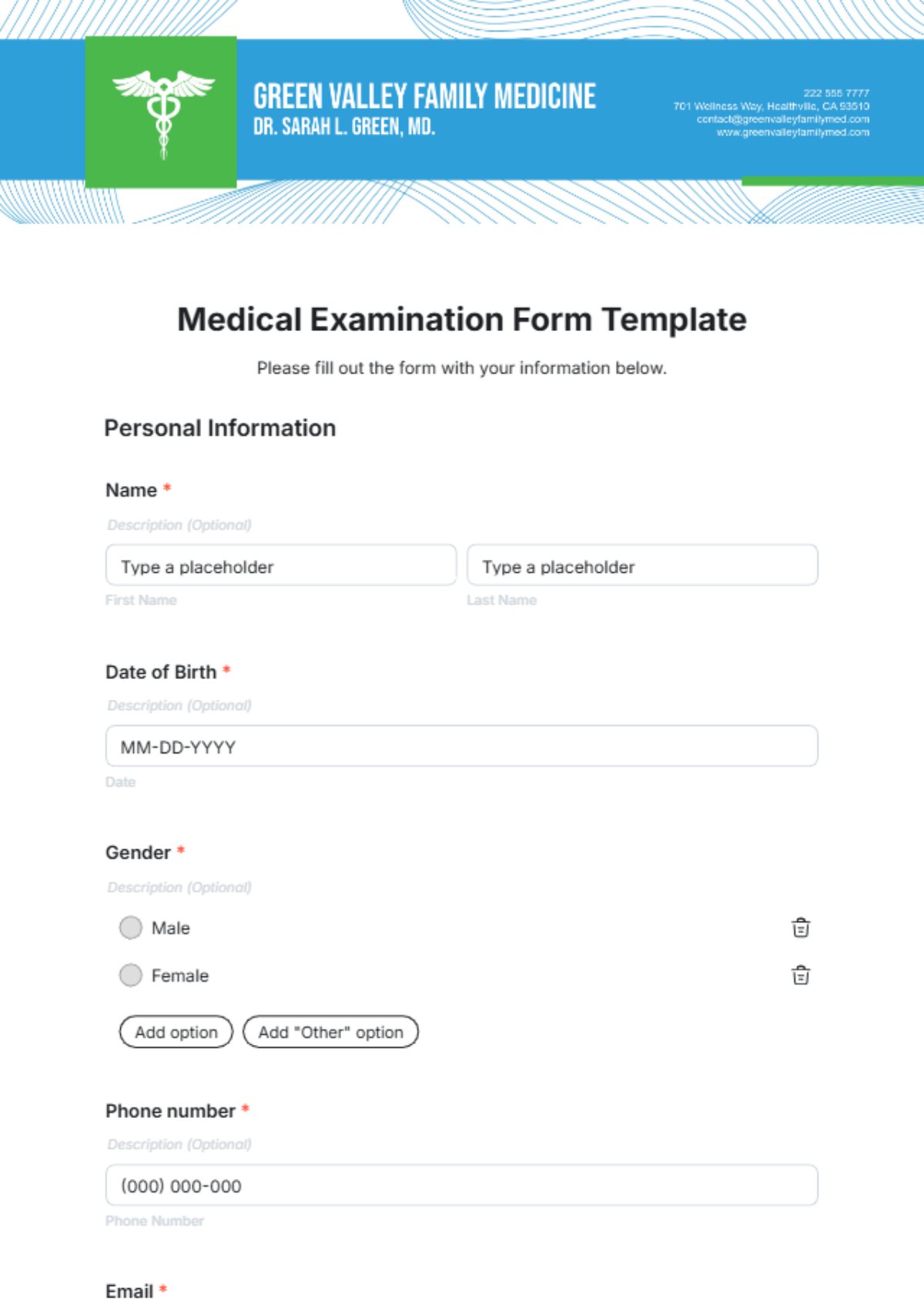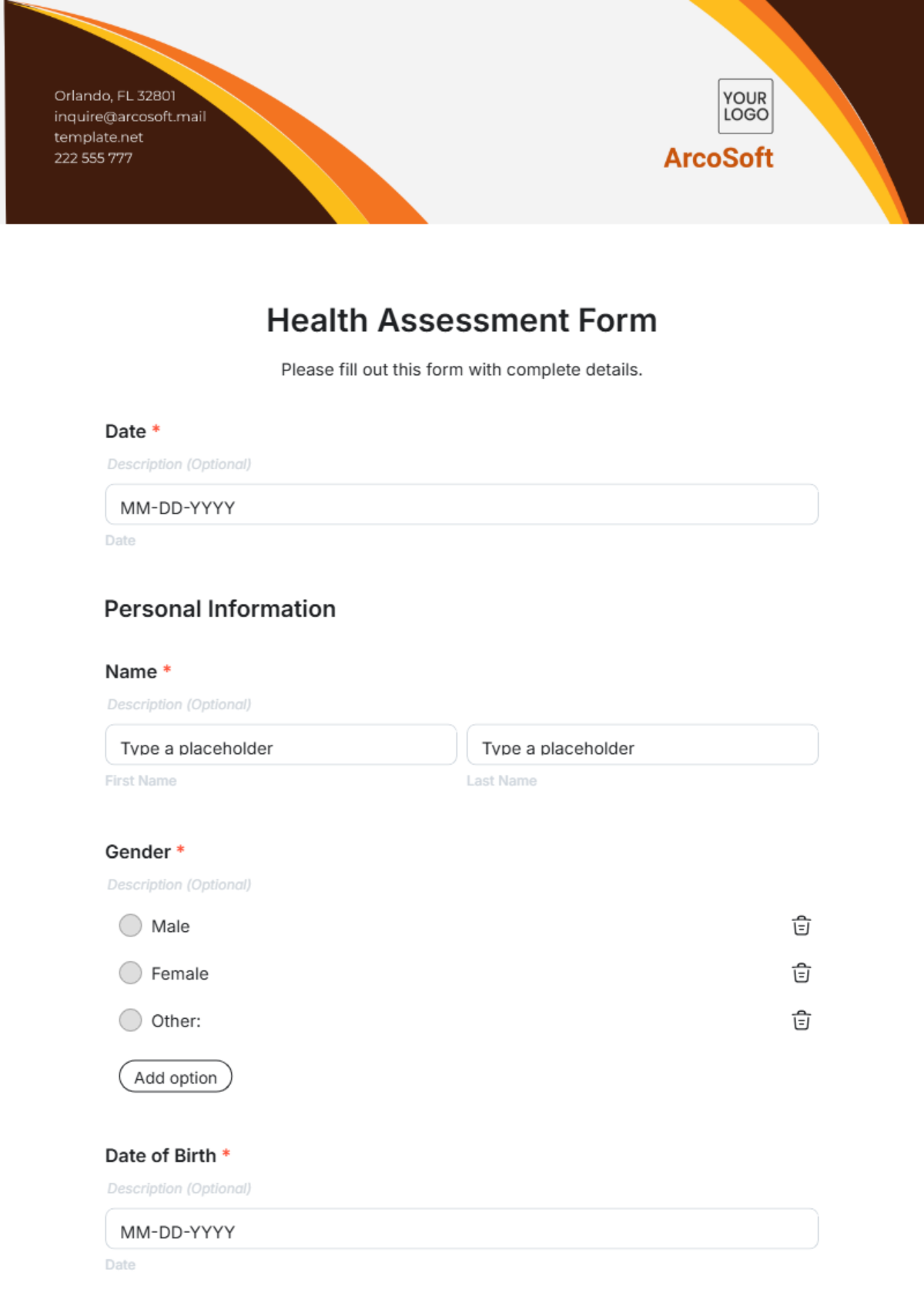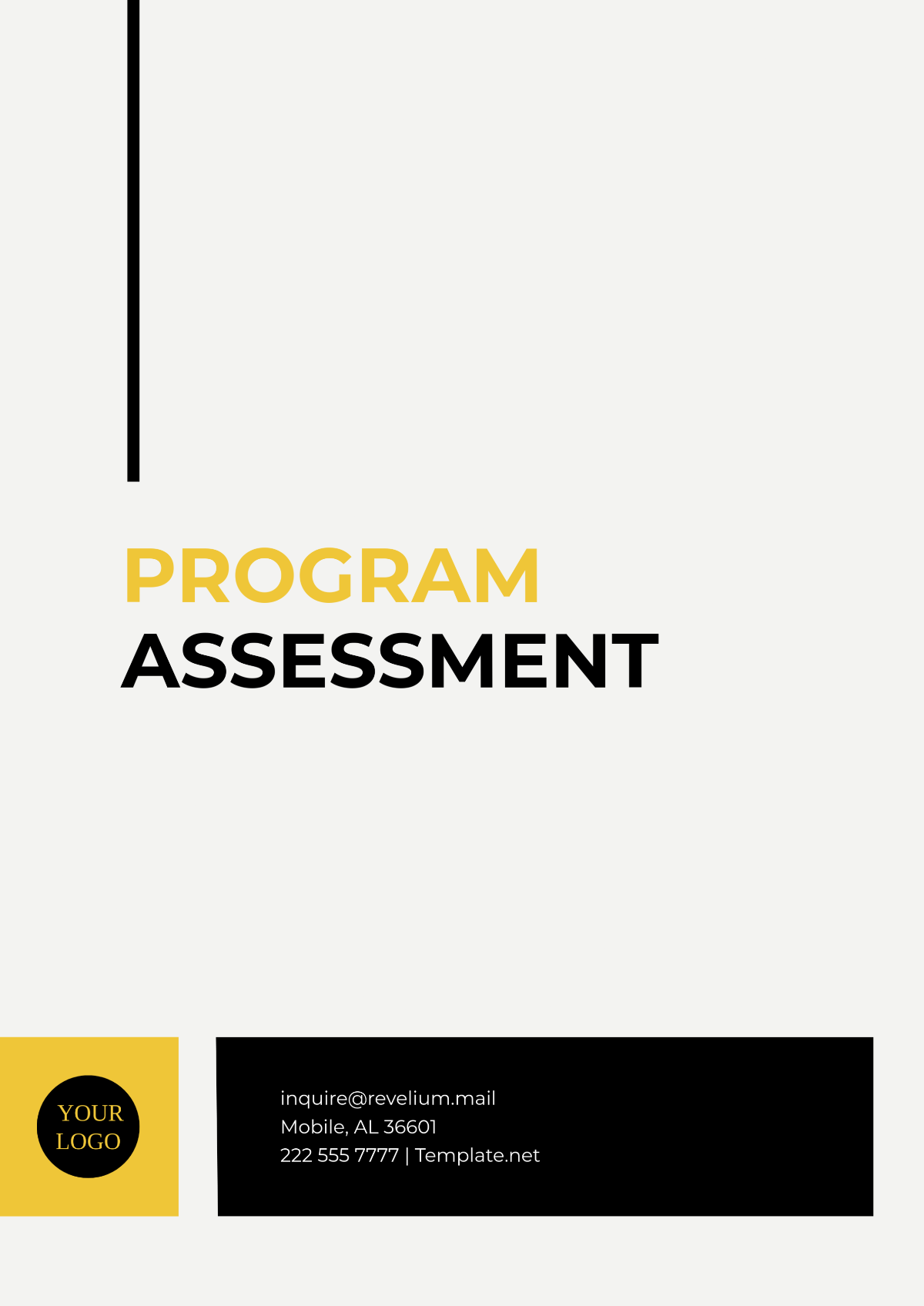PARTICIPANT OBSERVATION
Abstract
Participant observation is a qualitative research method that involves the researcher immersing themselves in a community or group to observe and interact with participants in their natural environment. This paper explores the methodology of participant observation, its applications across various fields, and the ethical considerations involved. By detailing the steps in conducting participant observation and evaluating its strengths and limitations, this paper aims to provide a comprehensive understanding of this research approach.
Introduction
Participant observation is widely used in social sciences, including sociology and anthropology, to gain an in-depth understanding of social phenomena through immersive engagement with participants. This method allows researchers to gather nuanced insights into the behaviors, interactions, and motivations of individuals within their natural settings. It offers a unique perspective that can reveal contextualized and authentic data, which might be missed by other research methods.
Objectives
The primary objectives of this paper are to:
Define and explain the key features and methodology of participant observation.
Illustrate the diverse applications of participant observation in different research fields.
Highlight the ethical considerations necessary for conducting participant observation.
Assess the strengths and limitations of this research method to provide a balanced view of its utility.
Methods
Study Design: This paper employs a descriptive analysis of participant observation as a research method. It synthesizes information from various sources, including methodological texts and empirical studies, to present a comprehensive overview.
Population: The population under study includes researchers and practitioners who utilize participant observation in their research across multiple disciplines.
Data Collection Techniques: Data for this analysis was gathered through a review of academic literature, including methodological guides and research articles, to outline the procedures and considerations associated with participant observation.
Results
Participant observation is characterized by the following key features:
Immersion: Researchers integrate into the community, gaining first-hand experience of the group's dynamics.
Flexibility: The method allows for adaptive data collection based on the evolving interactions and observations within the group.
Extended Engagement: Significant time investment is required to capture detailed and comprehensive data.
Contextual Data: Observations are made in the natural environment of participants, providing contextual insights into their behaviors and interactions.
Subjectivity: The researcher's perspective plays a role in interpreting and recording observations.
The applications of participant observation span various fields, including anthropology, sociology, education, healthcare, and business, each benefiting from the method's ability to provide in-depth and contextually rich data.
Ethical considerations are crucial in participant observation, involving informed consent, confidentiality, non-interference, data integrity, and reflexivity. These considerations ensure that the research is conducted with respect for participants and the accuracy of data.
Discussion
Participant observation provides unique advantages, such as deep contextual understanding and the ability to capture natural behaviors and interactions. However, it also presents challenges, including the potential for researcher bias, time and resource demands, and ethical complexities. These factors must be carefully managed to ensure the validity and reliability of the research findings.
Conclusion
Participant observation is a valuable research method that offers rich insights into human behavior and social dynamics. While it poses certain challenges, its ability to provide a comprehensive and nuanced understanding of the context and lived experiences of participants makes it an essential tool in social science research. Researchers must navigate the method's complexities with attention to ethical considerations and methodological rigor to maximize its effectiveness.
References
DeWalt, K. M., & DeWalt, B. R. (2050). Participant Observation: A Guide for Fieldworkers. Rowman Altamira.
Spradley, J. P. (2056). Participant Observation. Waveland Press.

